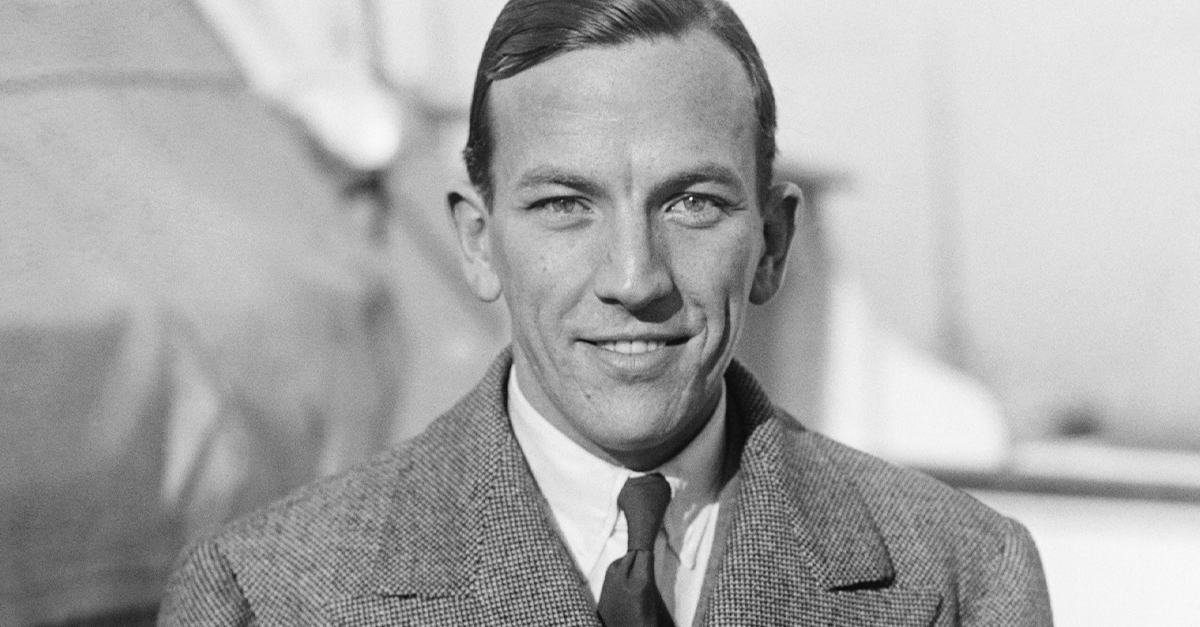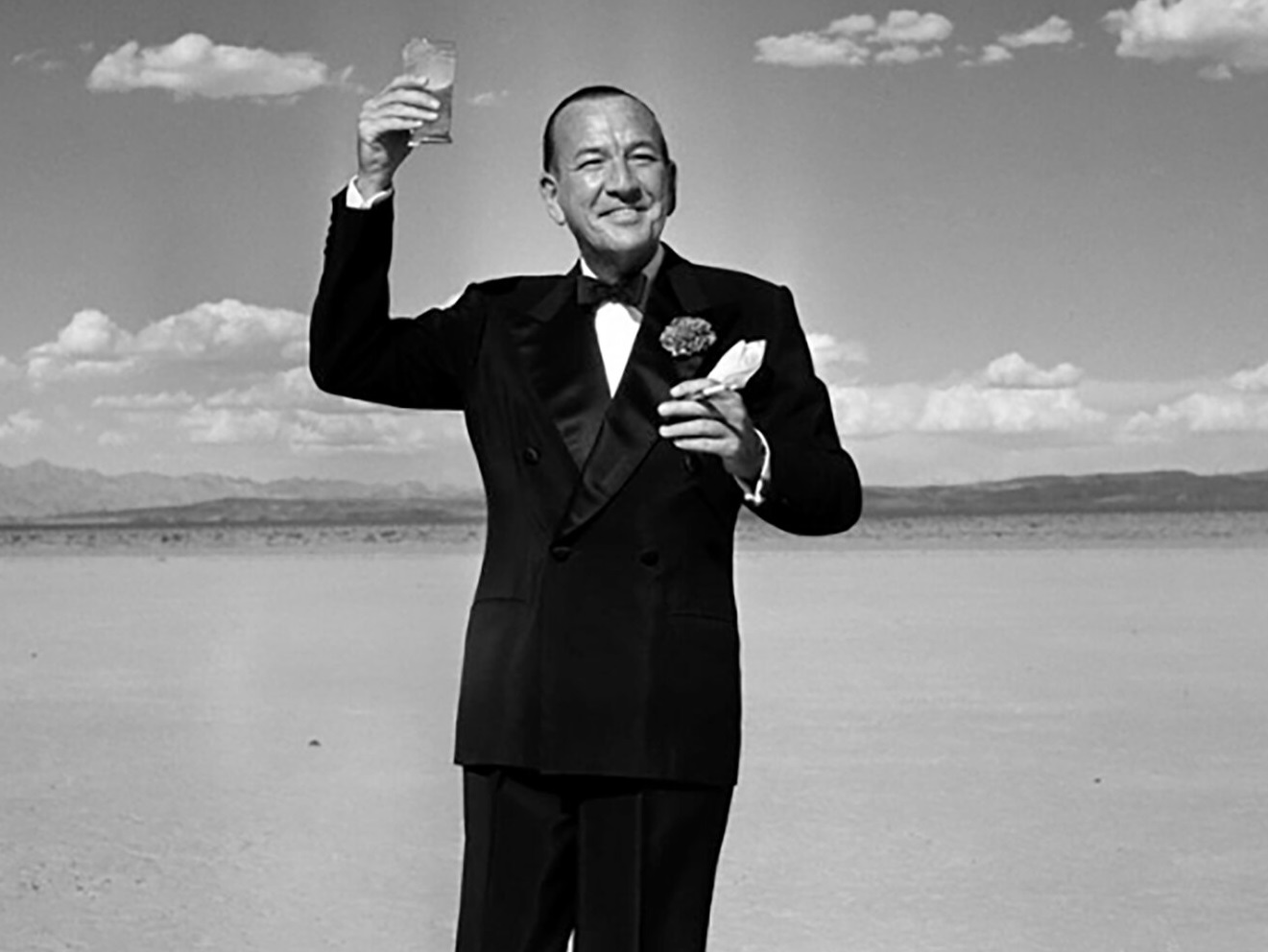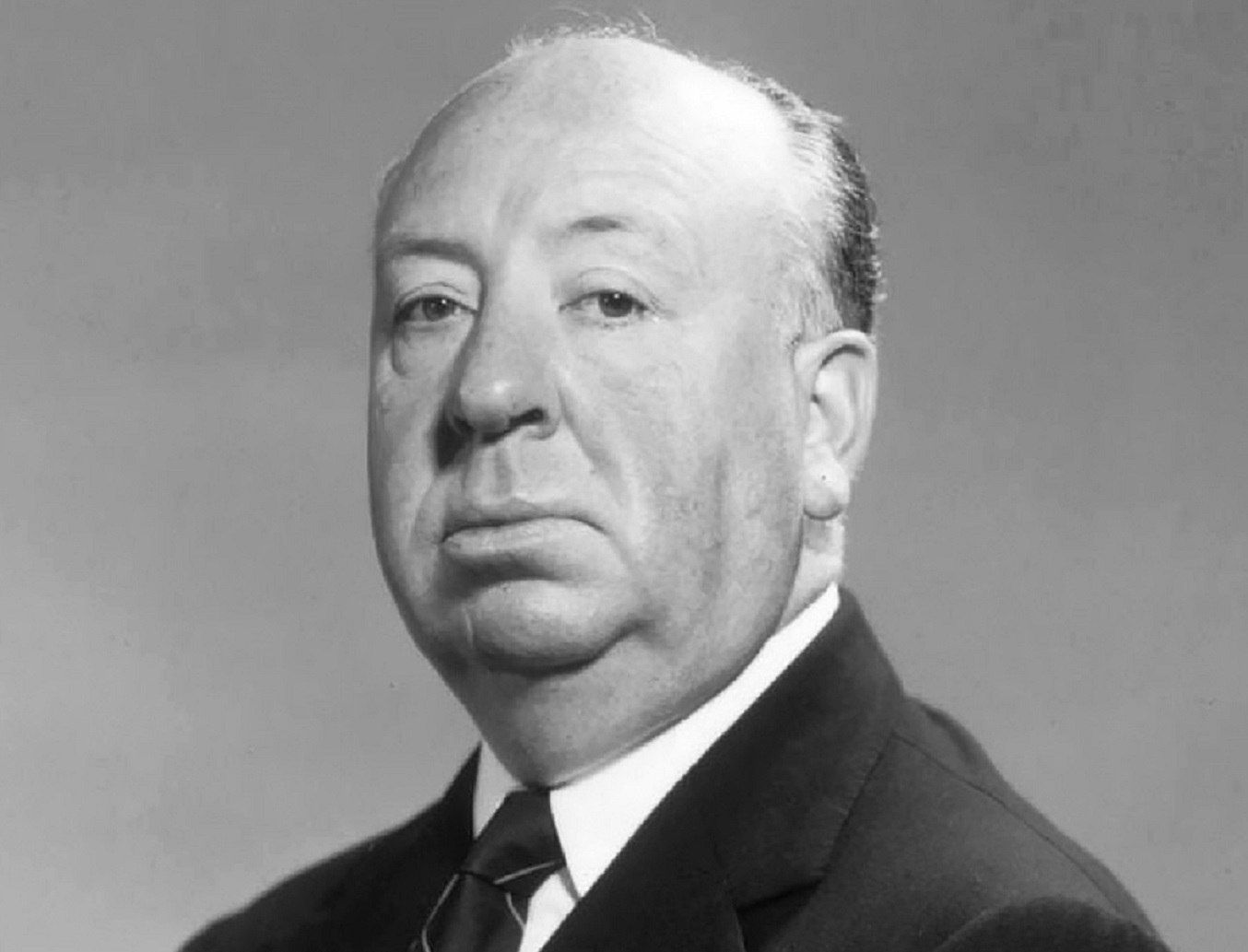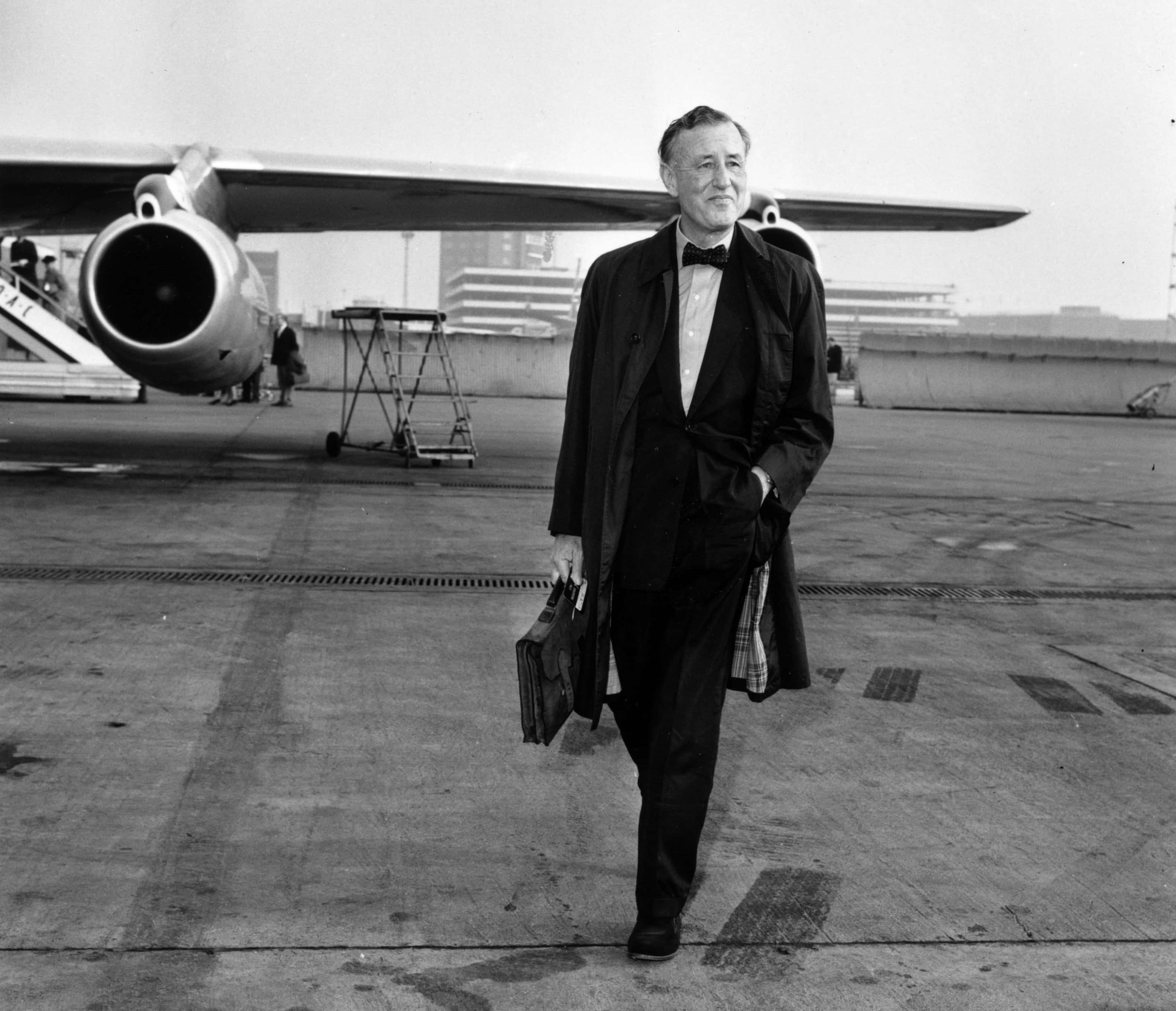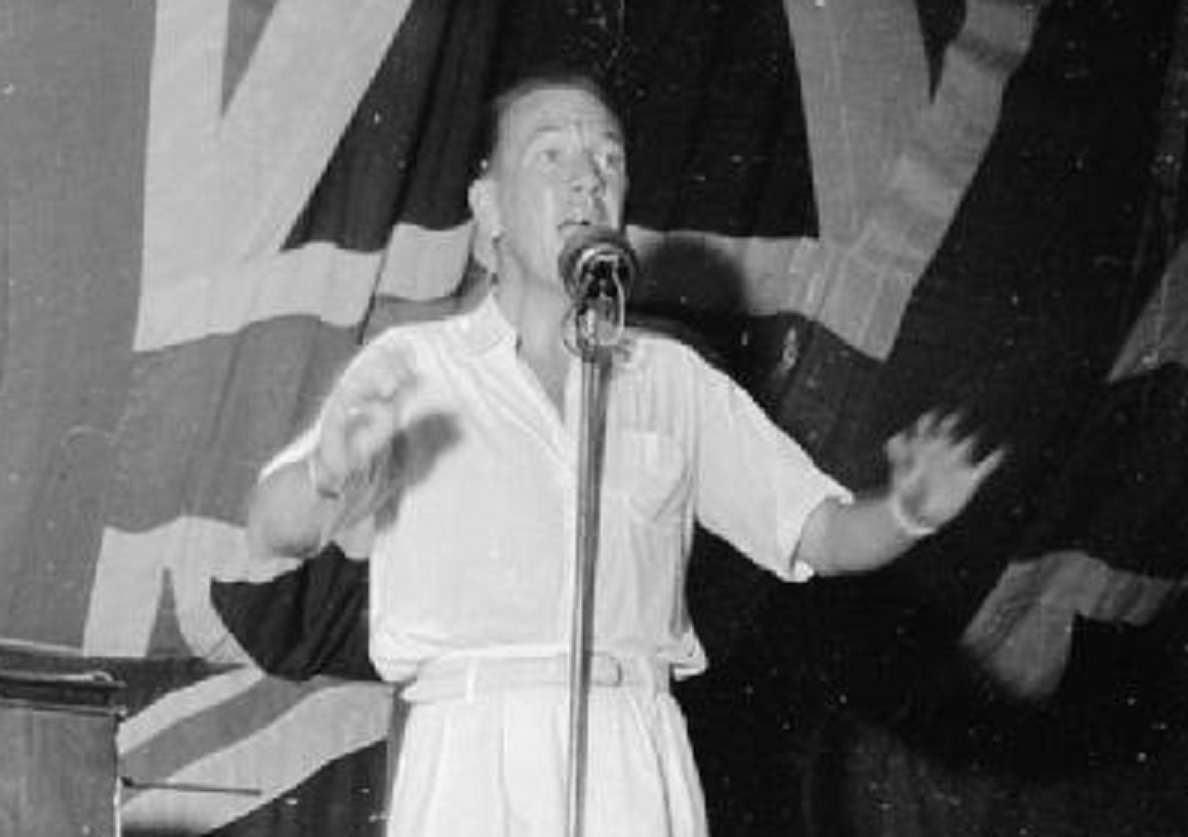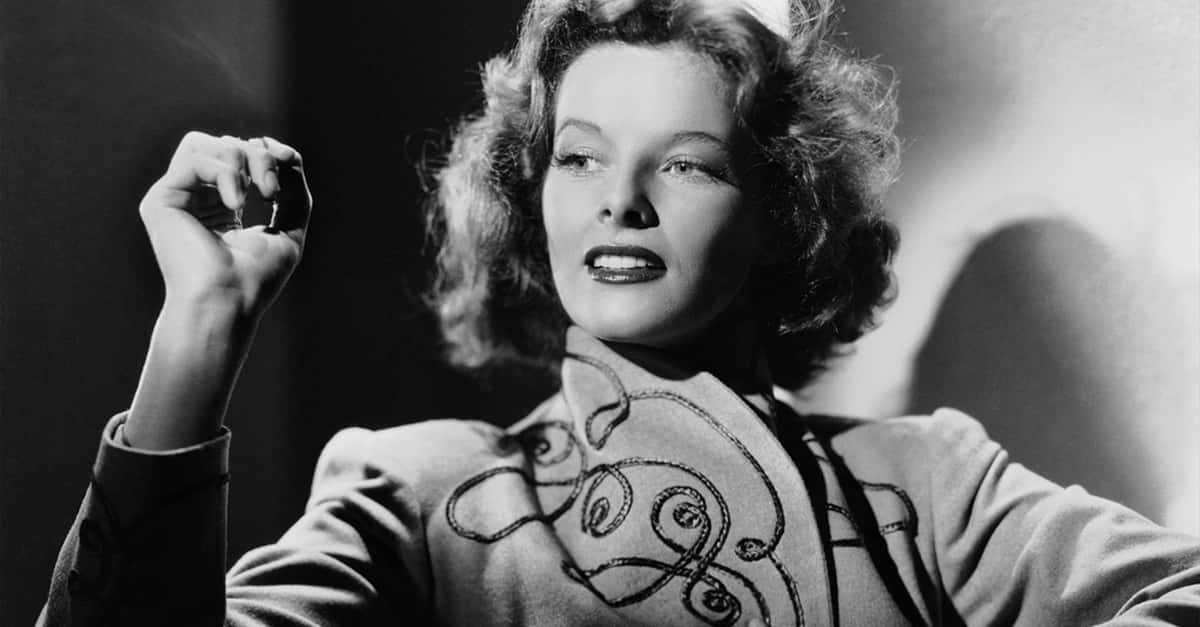Noël Coward wooed royals, befriended the rich and famous, and was England’s most prolific playwright—all while harboring a secret that could ruin him forever.
1. He Was Poor
Born in a suburb of London on December 16, 1899, Noël Coward earned his name for a rather obvious reason—his birthday was so close to Christmas. Destined to be a unique character in this world, it's no wonder that Coward had an unusual upbringing. His father, a piano salesman, was not an ambitious fellow, and so the family was no stranger to poverty.
Even as a youngster, Noël Coward's dire circumstances shaped his dubious reputation.
 Allan warren, CC BY-SA 3.0, Wikimedia Commons
Allan warren, CC BY-SA 3.0, Wikimedia Commons
2. He Was A Thief
Growing up, Coward was a talented mischief-maker—and became quite adept at thieving. He later described himself as "a brazen, odious little prodigy". But that wasn't the only shocking thing about his childhood.
Coward’s parents were early anti-vaxxers and wouldn’t let him get a smallpox shot, which cost them a fine of 10 shillings. But the family already had a dark past when it came to illnesses.
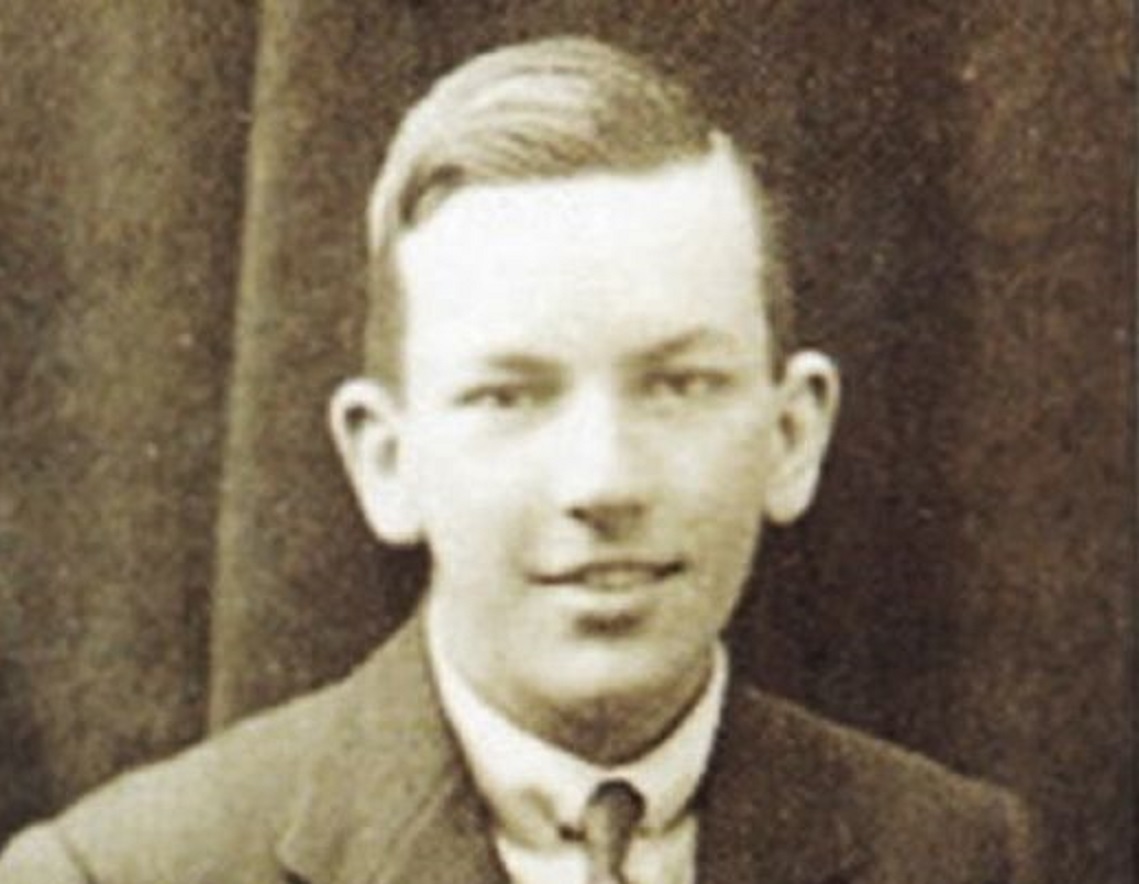 Unknown Author ,Wikimedia Commons
Unknown Author ,Wikimedia Commons
3. His Brother Passed
It's rather shocking that Coward's parents denied him the smallpox vaccine, especially when three years prior, Coward's brother Russell had horrifically lost his life to meningitis. Russell was only six years old.
Considering his fraught youth, Coward certainly stood on shaky foundations, but he had a plan: he was going to be famous.
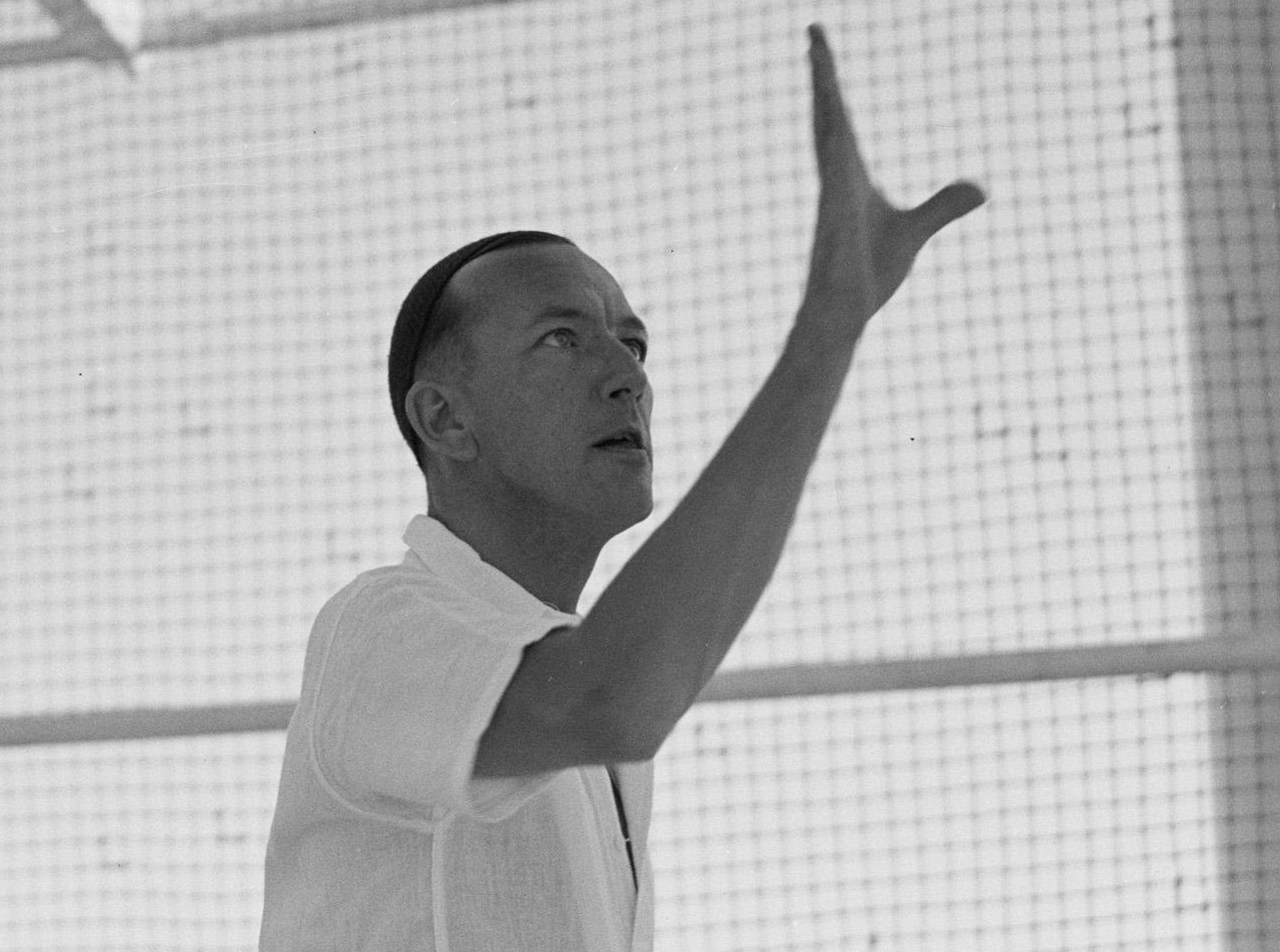 Willem van de Poll, Wikimedia Commons
Willem van de Poll, Wikimedia Commons
4. He Made His Move
By the age of seven, Coward had already done some amateur concerts—but there were bigger things in store for him. Luckily his mother mirrored his ambition and sent the boy to a dance academy in London. Now this was the real deal.
One day in 1911, while reading through a newspaper, 12-year-old Coward saw an ad asking for a performer—a boy both "talented" and "attractive". Coward knew he was both and didn’t hesitate to apply.
 Unknown Author, Wikimedia Commons
Unknown Author, Wikimedia Commons
5. He Was Impressive
Noël Coward, with his unbridled confidence, landed the part, and many more followed. He appeared in productions in the theater district in London and even got a part as a Lost Boy in Peter Pan. By the time he was 14 years old, Coward had quite an impressive resume. It would be safe to say, however, that he was still a little naive.
That’s when he met someone who changed his life forever.
 Unknown Author ,Wikimedia Commons
Unknown Author ,Wikimedia Commons
6. His Mentor Was His Lover
When he was just 14 years old, Noël Coward met Philip Streatfeild, who was a painter and 22 years his senior. Streatfeild was a friend of Robbie Ross, famous for being the gay lover of writer Oscar Wilde. Officially, Streatfeild’s position in regard to Coward was mentor. However, many believe that the two men were actually lovers.
Whatever their relationship, Streatfeild certainly taught Coward some things that neither of his parents ever could. Sadly, the relationship would be short-lived.
 Unknown Author ,Wikimedia Commons
Unknown Author ,Wikimedia Commons
7. He Endured Terrible Losses
WWI upended Coward's life in the worst way. In November 1914, Streatfeild enlisted—but he was doomed to a terrible end. By the time spring came around, Streatfeild had tuberculosis, eventually passing in June. But this wasn't the only loss Coward endured.
Another one of his dear friends, John Ekins, also lost his life during the war. It was a devastating time—but, luckily, there was someone in the wings just waiting to give Coward a hand.
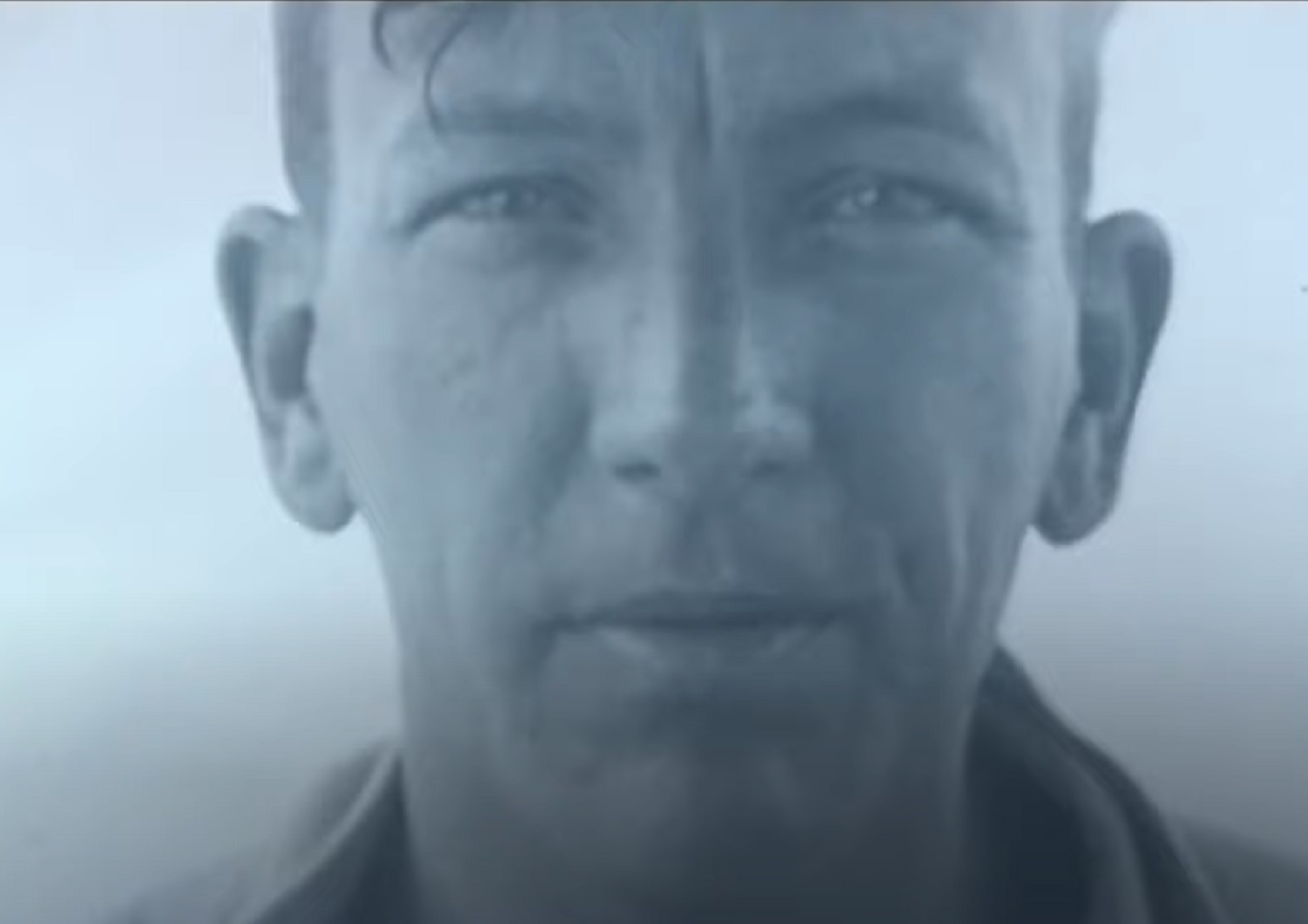 Fragile Films, Mad About the Boy: The Noel Coward Story (2023)
Fragile Films, Mad About the Boy: The Noel Coward Story (2023)
8. He Needed Help
Losing Streatfield was an emotional punch in the gut for Coward. It was also a loss for Coward's journey into high society. You see, Streatfeild had introduced Coward to upper class people that Coward could never have associated with on his own. When Streatfeild was gone, so were Coward’s connections.
Enter: Mrs Astley Cooper, who was a society lady and pleased to help Coward along. Sadly, there was still more tragedy ahead for poor Coward.
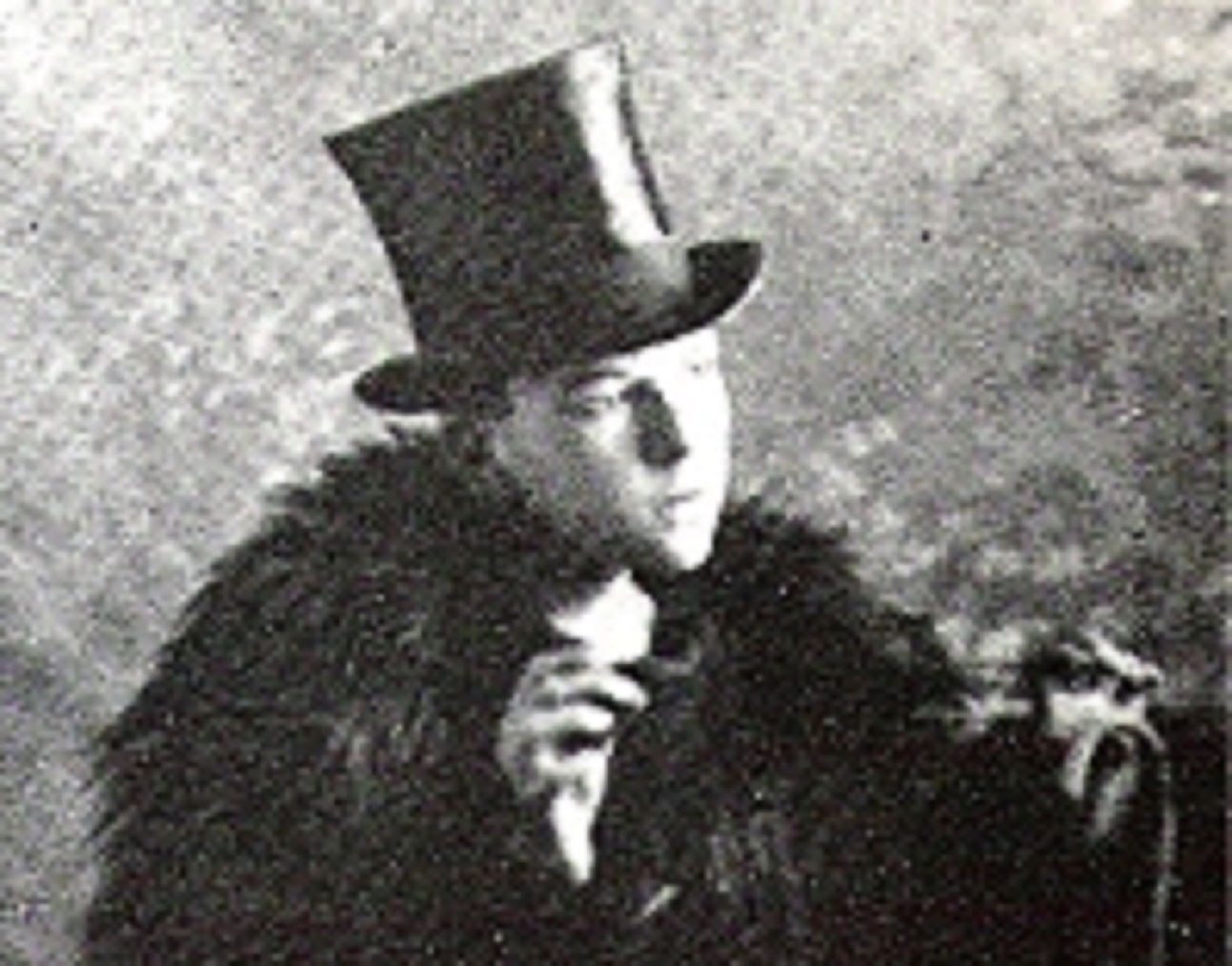 Unknown Author ,Wikimedia Commons
Unknown Author ,Wikimedia Commons
9. He Lost Another
Coward was a friend of actress Billie Carleton, who had been, like him, a child performer. Carleton's claim to fame was that she was the youngest woman to be a lead actress in a West End production.
One night, after an all nighter bender, Carleton went home to her hotel room, climbed into bed, and never woke up. When doctors took a look at her, the reason for her passing was clear: It was drug related. This was yet another devastating loss for Coward, and all he had to look forward to was a stint in the army.
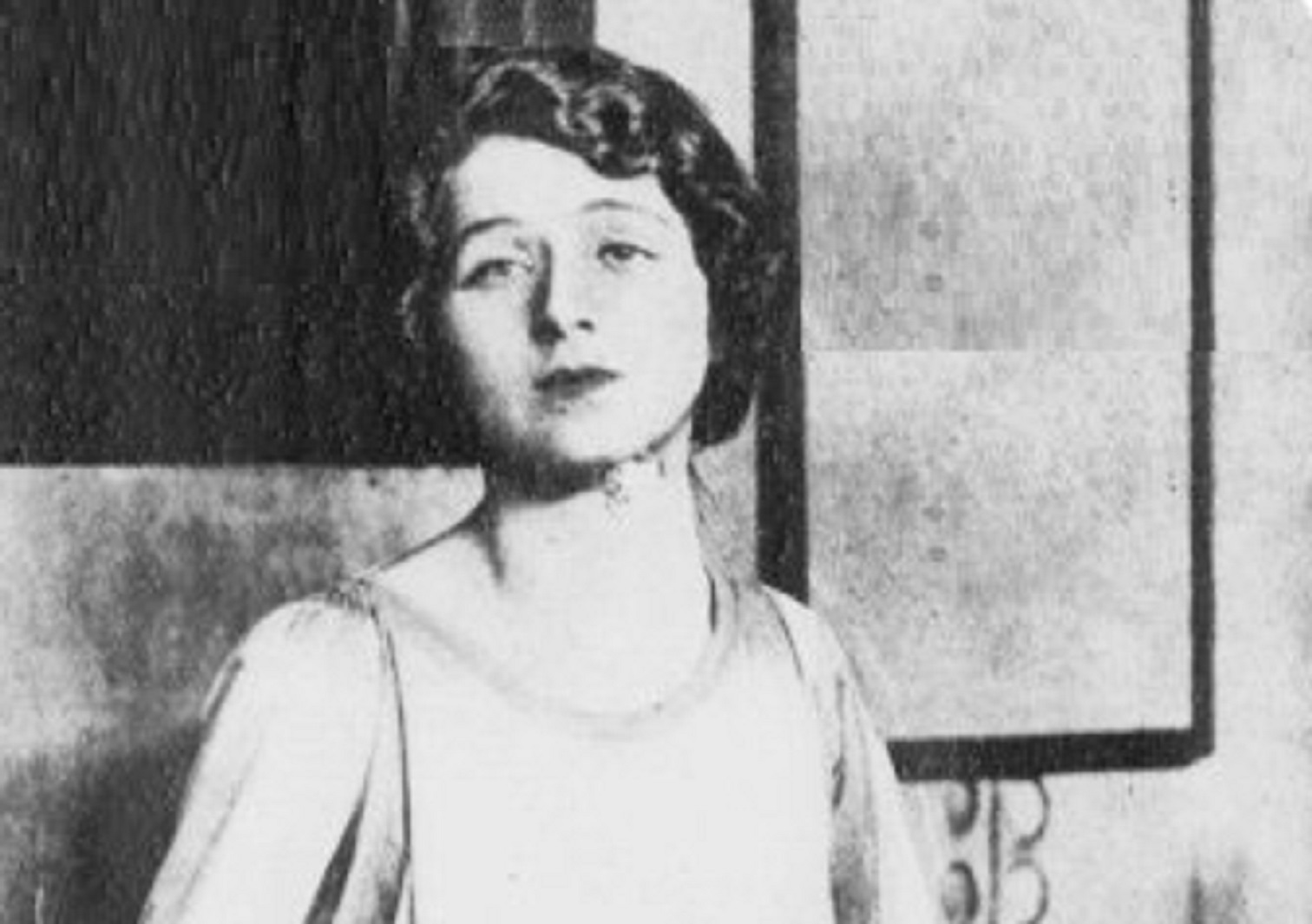 Unknown Author ,Wikimedia Commons
Unknown Author ,Wikimedia Commons

History's most fascinating stories and darkest secrets, delivered to your inbox daily.
10. He Went To The Hospital
In 1918, Noël Coward received a call to join the army and soon found himself in a training camp. It must have dawned on him pretty quickly that he was completely out of his element here. The poor boy was so upset by his surroundings—and the loss of his two friends—that he had a complete nervous breakdown.
For this reason, Coward never saw any fighting and instead spent six weeks in the hospital recovering. Things weren’t looking good for Coward, and there wasn’t a single bright thing on the horizon.
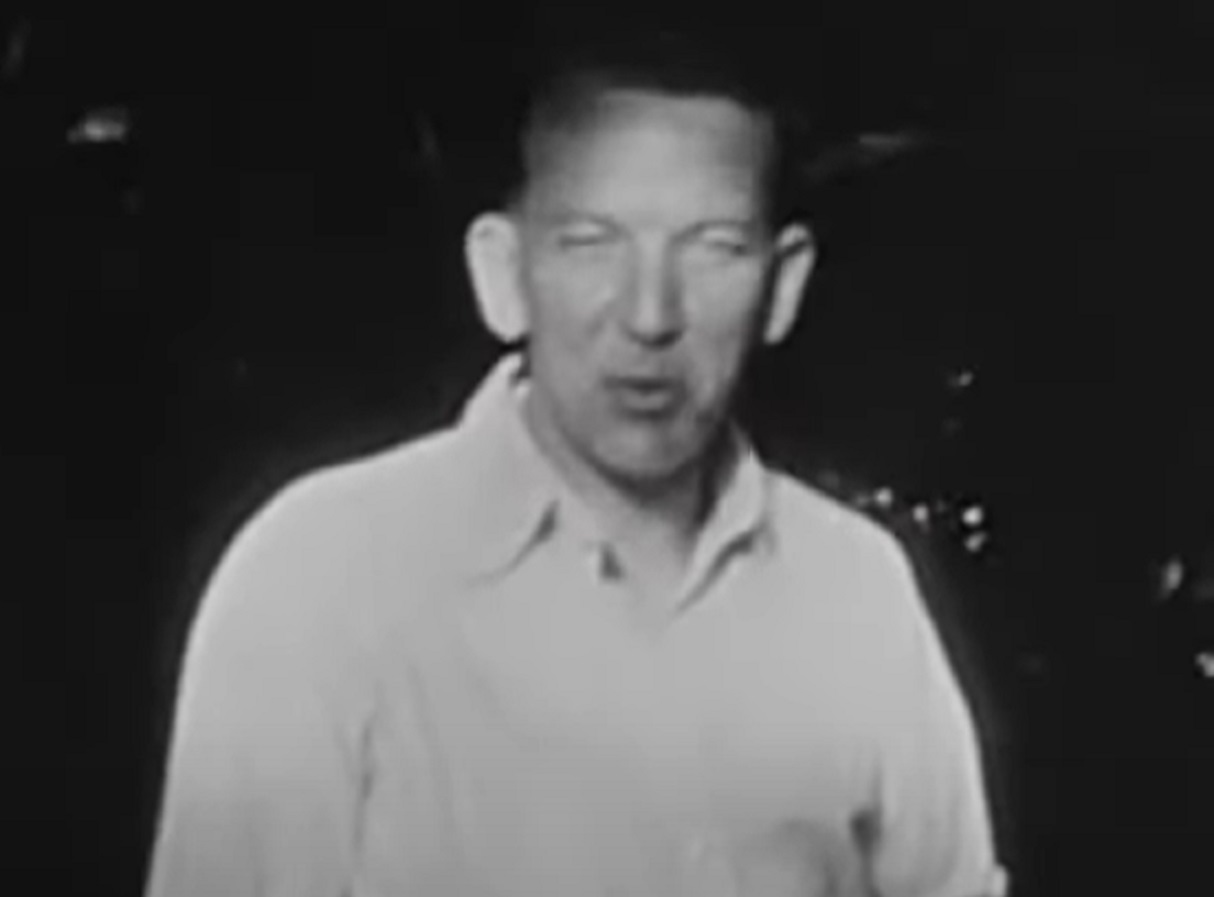 Fragile Films, Mad About the Boy: The Noel Coward Story (2023)
Fragile Films, Mad About the Boy: The Noel Coward Story (2023)
11. He Carried A Deep Sadness
Coward emerged from the hospital—but there was something he couldn't seem to shake. WWI was over, but he’d lost two friends to it. He’d also lived through the Spanish flu, which was considered a global pandemic. Now there was talk of another international battle that would be even bigger than the first.
What Coward couldn’t quite shake was a feeling that the world was a very bleak place. He had to do something to get him out of his funk—but what was it?
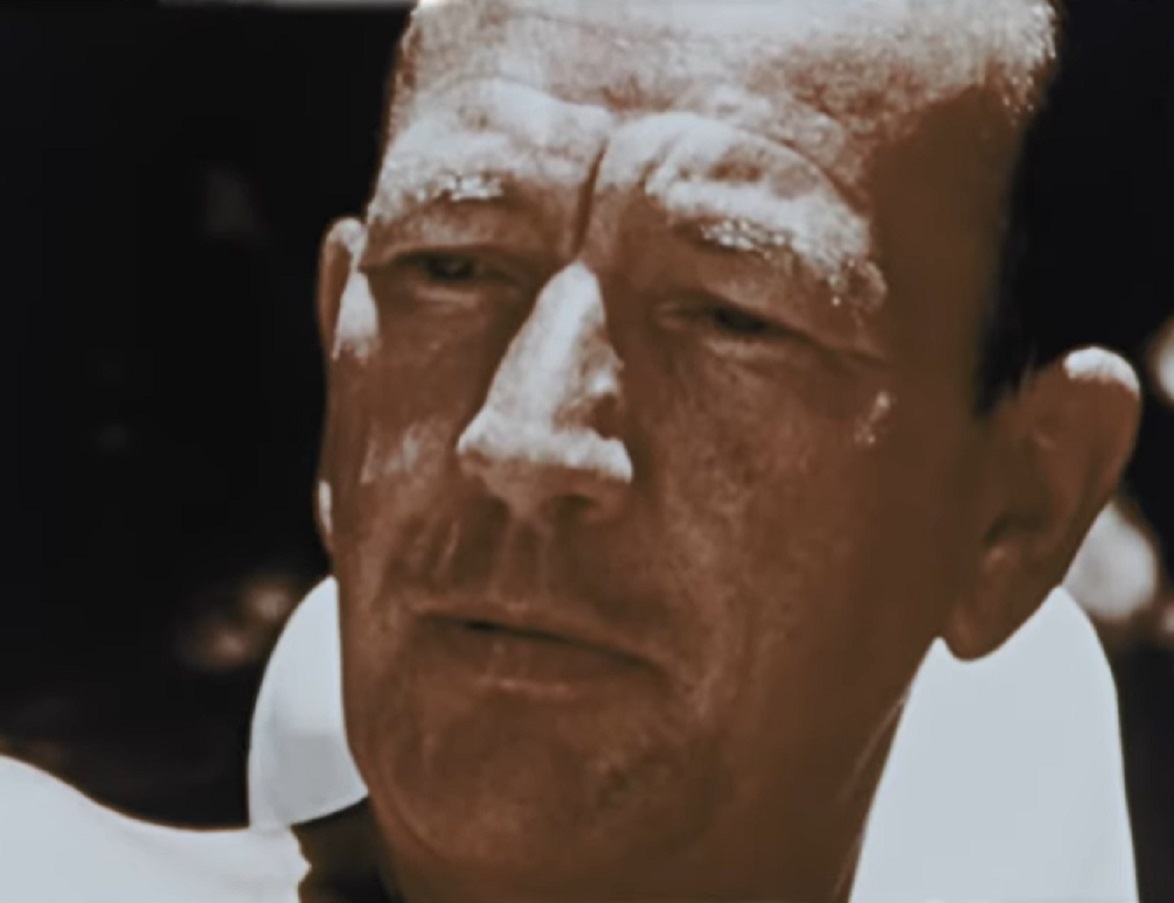 Fragile Films, Mad About the Boy: The Noel Coward Story (2023)
Fragile Films, Mad About the Boy: The Noel Coward Story (2023)
12. He Dove In
Rather than letting the world’s bleakness overwhelm him, Coward dove back into the only thing he knew: the theater. At this point, Coward began to take his career seriously. It could be that the world of make believe was the only thing that could restore his faith in the world.
Coward had already been performing and writing plays since he was barely a teeanger. Now, he was an adult and ready to take over the world. He also was aware that he needed to add to the family income, so he started selling his short stories to magazines. Coward, however, had much loftier aspirations.
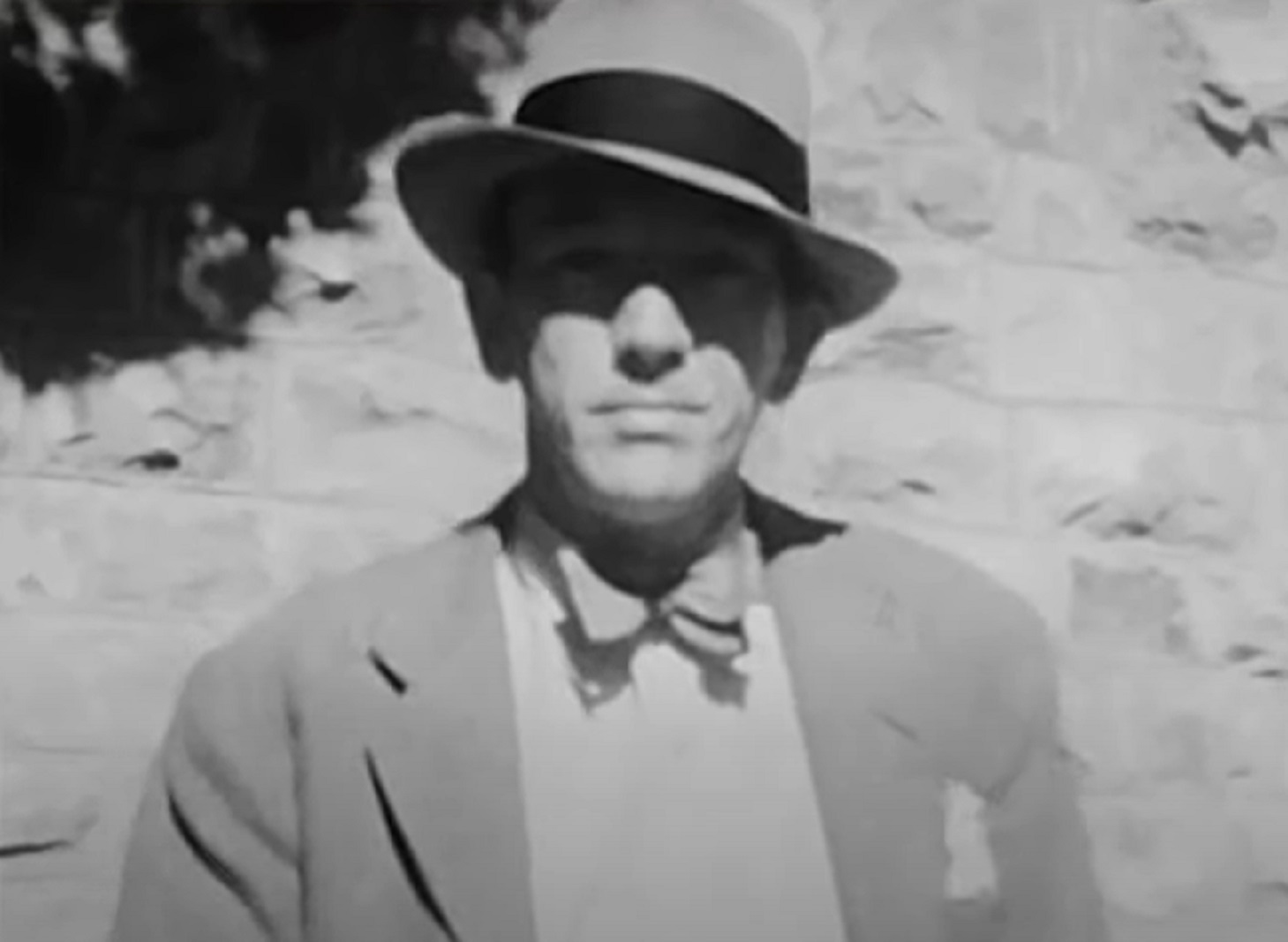 Fragile Films, Mad About the Boy: The Noel Coward Story (2023)
Fragile Films, Mad About the Boy: The Noel Coward Story (2023)
13. He Fell Flat
Besides the stories, Coward began to write plays. One of the first scripts to wind up on an actual stage was I’ll Leave it to You. The play, starring Coward himself, started in Manchester and eventually moved to London’s West End where it was a hit. In 1921, Coward took his talents to the US where he expected the same reaction. Sadly, his play fell flat in America.
Instead of getting depressed about it, Coward spent his time taking in the American theater scene and returned to London, ready to be a sensation.
14. He Was Huge
When he got back from the US, Coward and his plays became a huge success. By the time he was 25 years old, some say he was more famous than the prime minister of England. In one month in June he had four plays on various stages in London. The UK was quickly becoming too small for his huge celebrity.
He needed to try his luck in America again. This time he was sure it would work.
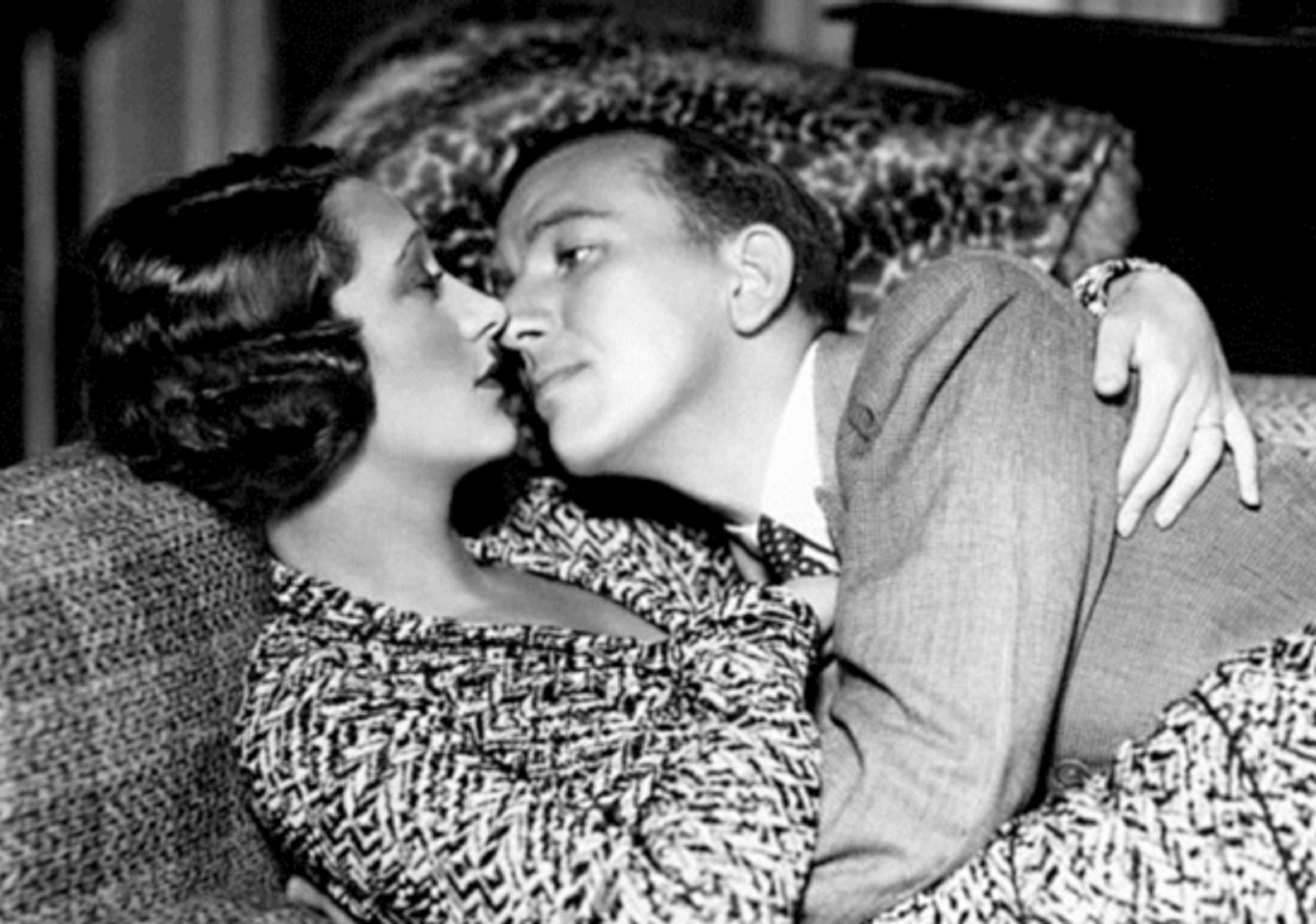 Theatre Magazine Company, Wikimedia Commons
Theatre Magazine Company, Wikimedia Commons
15. He Titillated
When he’d outgrown The UK, Noël Coward crossed the pond and gave the US another try. Soon, he had three shows on Broadway: The Vortex, Hay Fever, and Easy Virtue. All three of them managed to titillate audiences with their modern thinking toward everything about the bedroom.
The Vortex, in particular, caused quite a stir with its scandalous subject matter. Some even thought it was too scandalous. 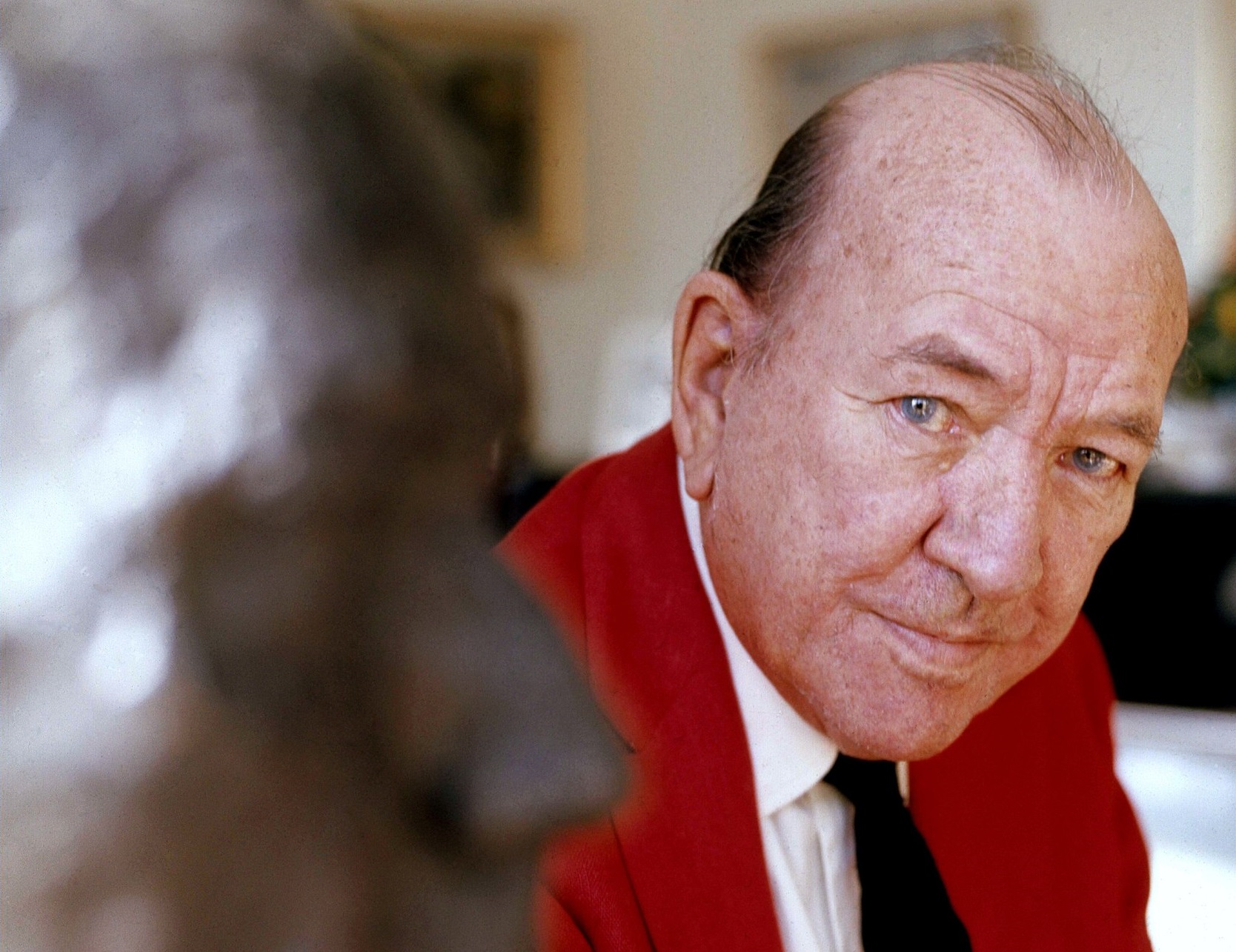 Allan warren, CC BY-SA 3.0, Wikimedia Commons
Allan warren, CC BY-SA 3.0, Wikimedia Commons
16. They Called Him Diseased
The Telegraph was so outraged by Coward’s plays that they called The Vortex “diseased”. But what was so immoral about this play?
In it, Coward had characters engage in drug use, and included gay characters. Even Lord Chamberlain had to step in to remove some of the more offensive material. In spite of this, The Vortex continued to enjoy success on stage. Some of Coward’s other plays were not so lucky.
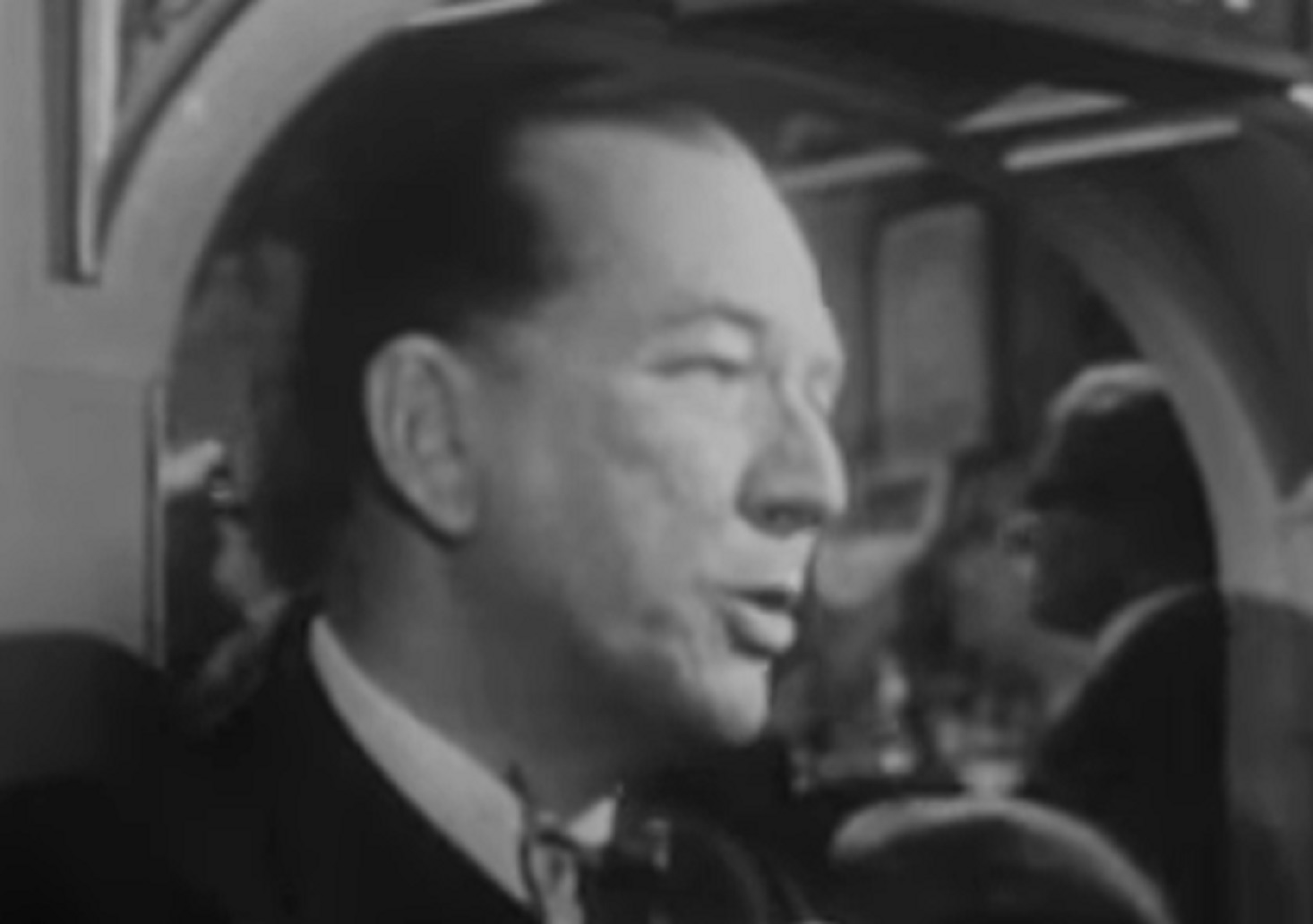 Fragile Films, Mad About the Boy: The Noel Coward Story (2023)
Fragile Films, Mad About the Boy: The Noel Coward Story (2023)
17. He Touched A Nerve
Coward’s play Semi-Monde, which featured a love triangle with a gay twist, was too much. No one dared to stage the play until many years later. There was also trouble with his essays. One collection of them, called Anglo-Saxon Attitudes, was so out there that no publisher would touch it.
In it, he wrote about unspoken things like birth control and how marriage was terrible for all those involved. Obviously Coward had touched a nerve. But it also seemed that the world was ready to have that nerve touched.
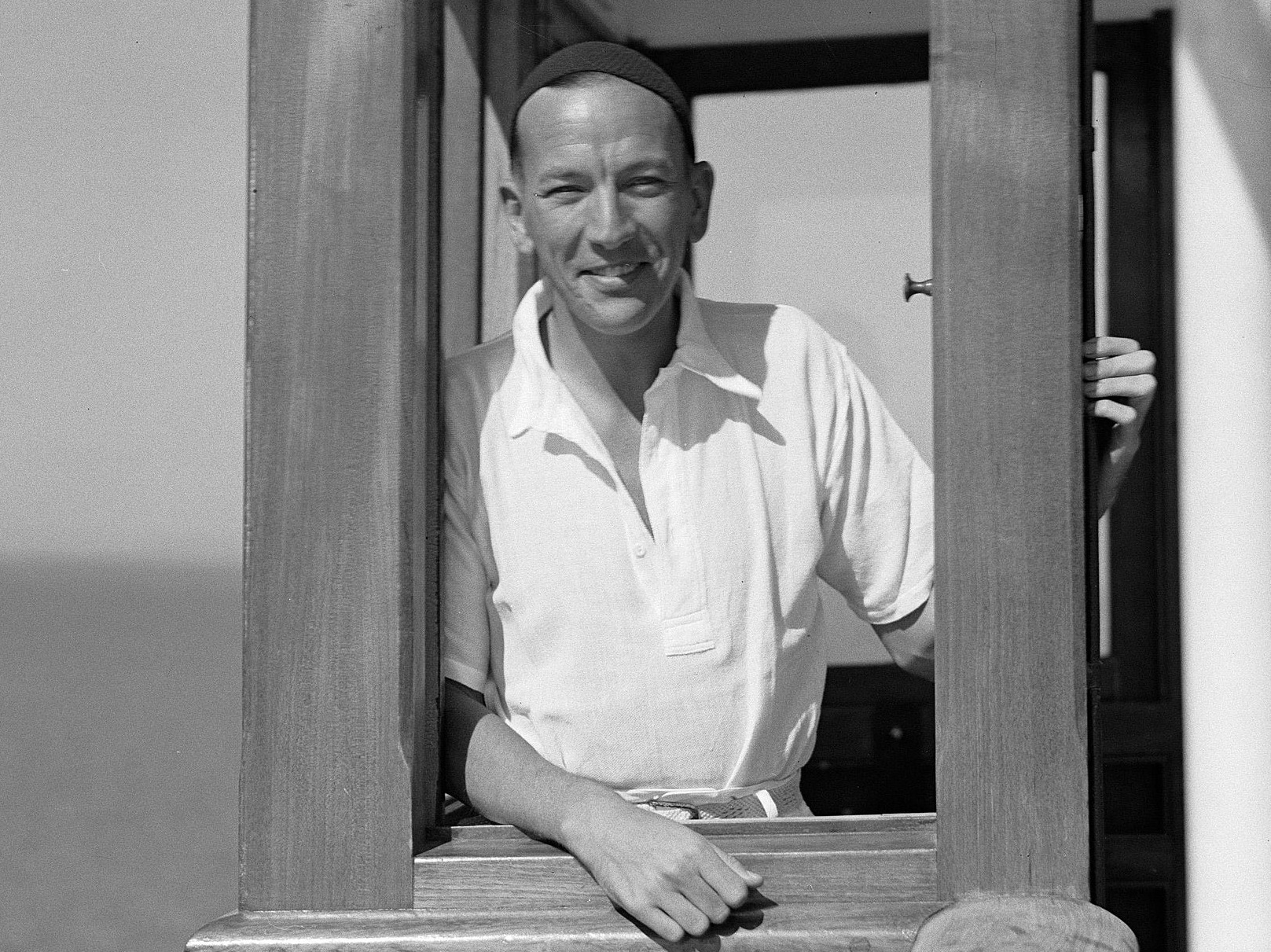 Willem van de Poll, Wikimedia Commons
Willem van de Poll, Wikimedia Commons
18. He Wrote Immoral Characters
Additionally, Coward also had something else scandalous in his plays: liberated women. In Easy Virtue, Coward created the character Larita Whittaker, who was a divorcée with many lovers. One line from the play that became infamous was this: “I don’t live according to your social system. I have a perfect right to say what I like and live how I choose".
This play caught the attention of a man that would soon be the king of movies. This was Psycho director Alfred Hitchcock, and he was so taken with the play that he made a silent film based on it.
19. He Raked It In
In spite of all the controversy—or perhaps because of it—Noël Coward was a hit. He was also raking it in financially as well. At one point in his life, he was the highest paid writer in the world, earning the equivalent of almost 4 million in today’s money in just one year. Coward was the toast of the town, now he just needed someone to share his fame with.
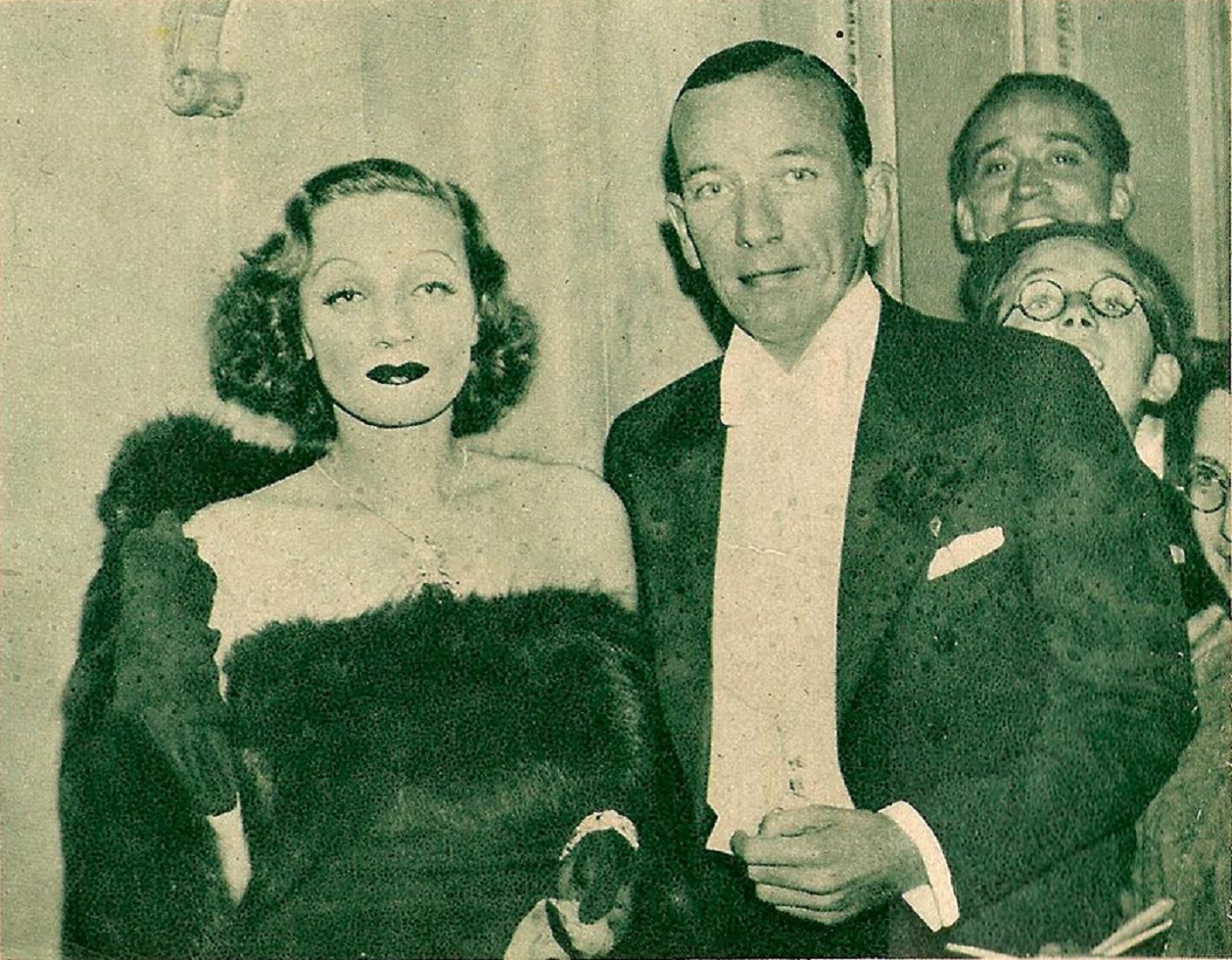 Once a garden - now feral, Flickr
Once a garden - now feral, Flickr
20. He Needed A Reason
While Coward was appearing in his play The Vortex, he met an American stockbroker named Jack Wilson. It’s not clear which happened first, but Wilson became Coward’s business manager and lover. Likely it was the lover role that came first, as Coward needed a reason to give for always being in Wilson’s company.
You see, at this time, two men being in love was against the law in the UK. Sadly, Coward's relationship with Wilson soon became toxic.
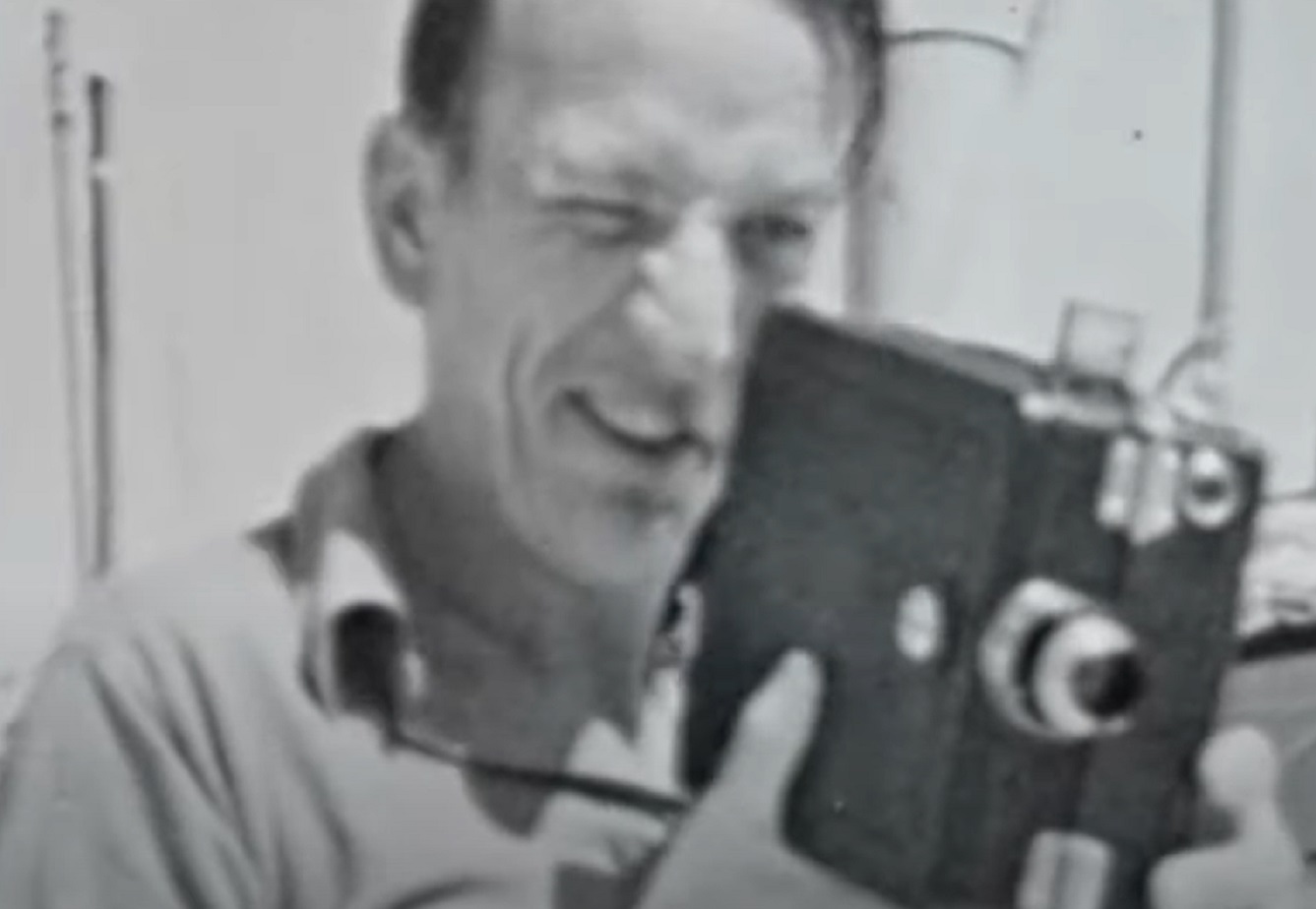 Fragile Films, Mad About the Boy: The Noel Coward Story (2023)
Fragile Films, Mad About the Boy: The Noel Coward Story (2023)
21. His Lover Had Vices
For starters, Wilson apparently had a drinking problem that Coward just had to put up with. Next was his dishonesty. At the beginning, Wilson was quite good at keeping Coward’s financial affairs in order. As the relationship progressed, Wilson started taking advantage of Coward’s wealth, even secretly taking money from him.
Coward put up with it for love, and Wilson eventually became the general manager for Coward's plays. Putting up with Wilson and his antics was stressful for Coward—and this stress was about to have a physical manifestation.
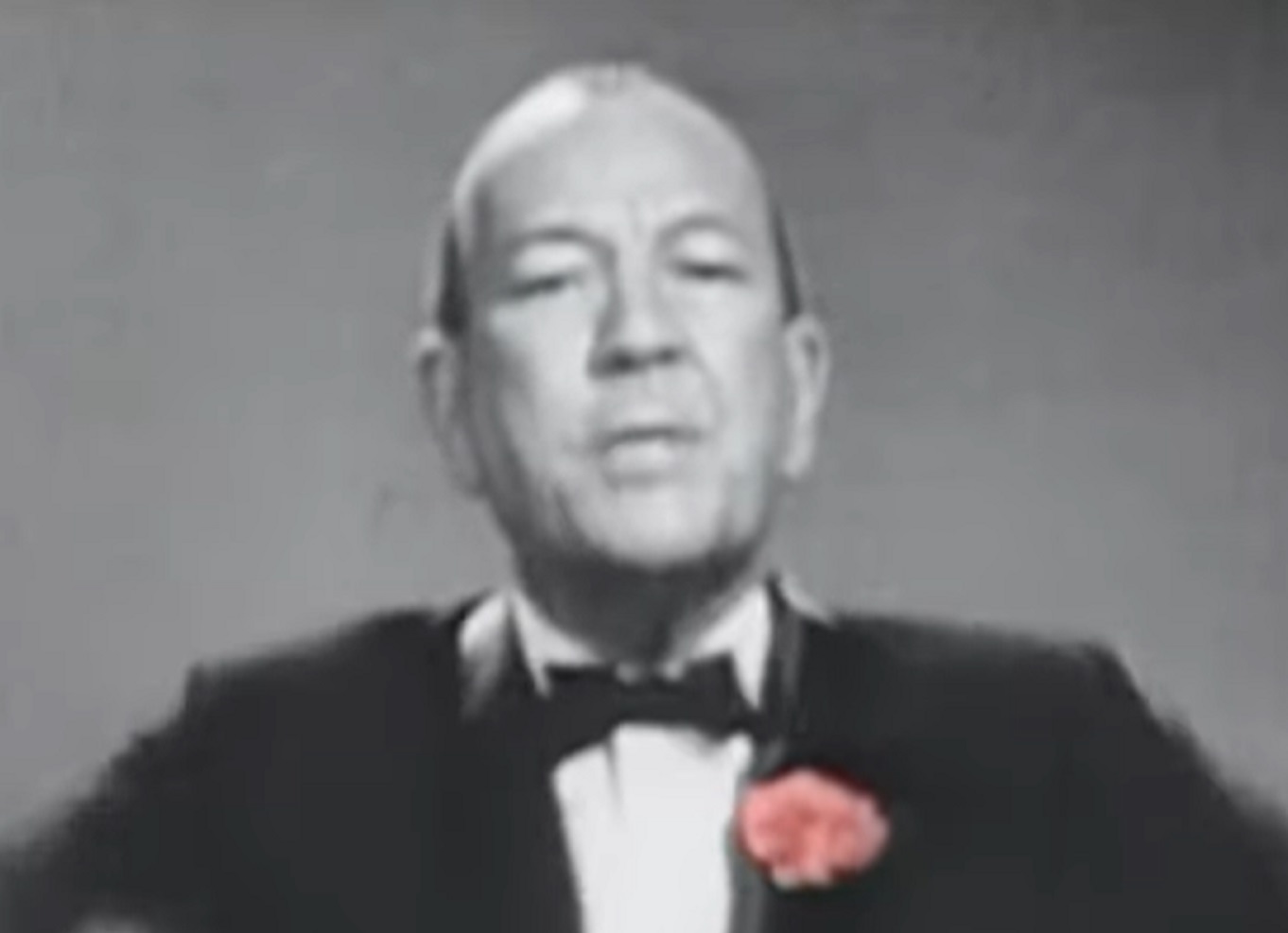 Fragile Films, Mad About the Boy: The Noel Coward Story (2023)
Fragile Films, Mad About the Boy: The Noel Coward Story (2023)
22. He Couldn’t Stop
In 1926, Coward was back in the UK and appearing in the play The Constant Nymph. But during the production, disaster struck: He collapsed. They called for a doctor, who told Coward that he needed to take a break from the theater. But the stubborn actor had no intention of heeding his doctor’s warning.
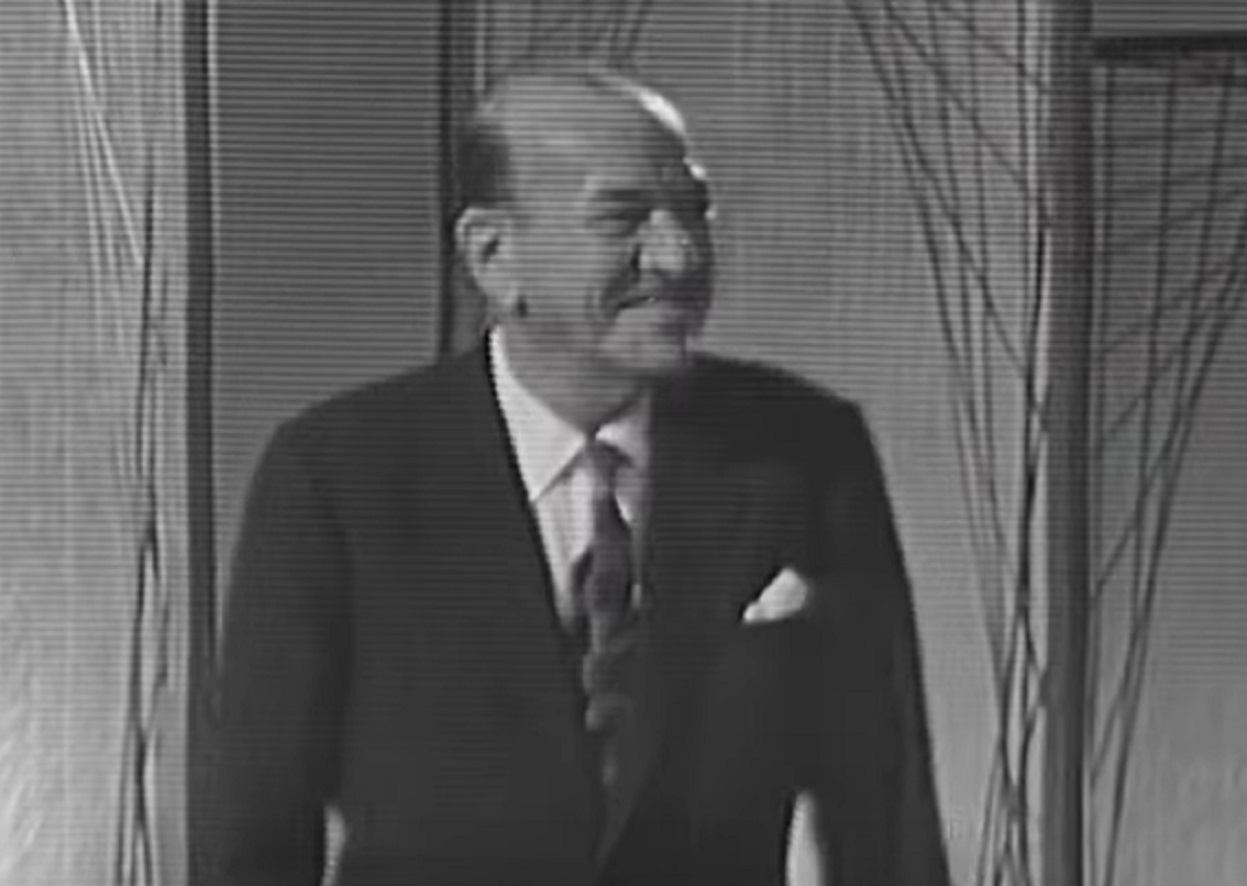 Fragile Films, Mad About the Boy: The Noel Coward Story (2023)
Fragile Films, Mad About the Boy: The Noel Coward Story (2023)
23. He Was Cavalier
Noël Coward had a new play to put on called This Was A Man. In the middle of rehearsals, Coward suddenly changed the premiere from London to New York City. Some thought that maybe Coward was using the sailing to The US as some time to recover from his breakdown. Nope, that wasn’t the case.
The British censor had rejected This Was A Man for its cavalier attitude toward adultery. You know what else was cavalier? Coward's attitude toward his health.
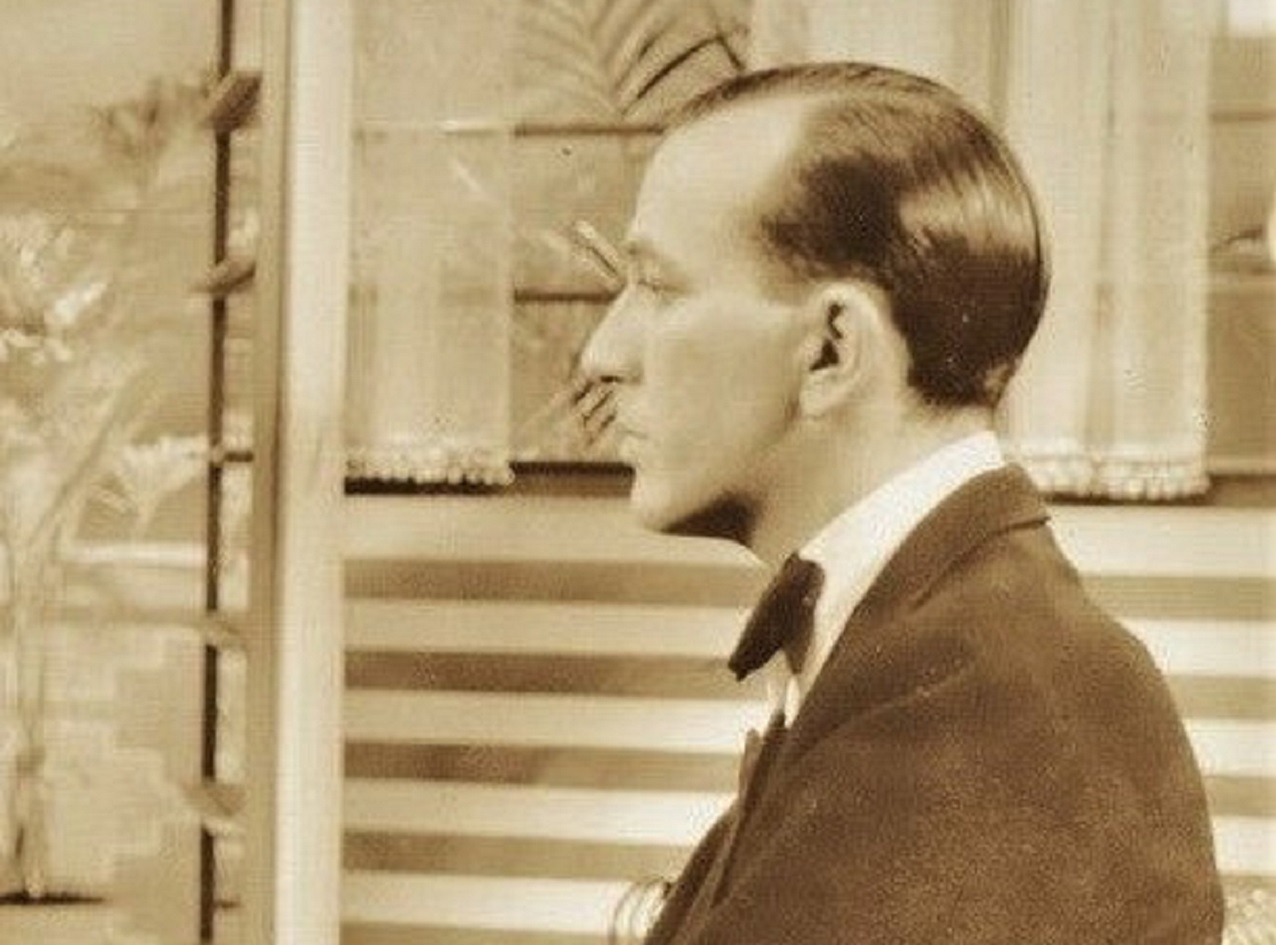 Paramount Pictures, Wikimedia Commons
Paramount Pictures, Wikimedia Commons
24. It Happened Again
Coward got to New York—hopefully after resting on the ship over—and started rehearsing. Well, wouldn’t you know it, he collapsed again. This time the doctor was more stern.
Coward needed to take a break from theater or risk losing his life. Since he was already in the US, Coward figured what better place to get some rest than in the tropical paradise called Hawaii. He finally managed to get some much needed rest—and was soon ready for more stress.
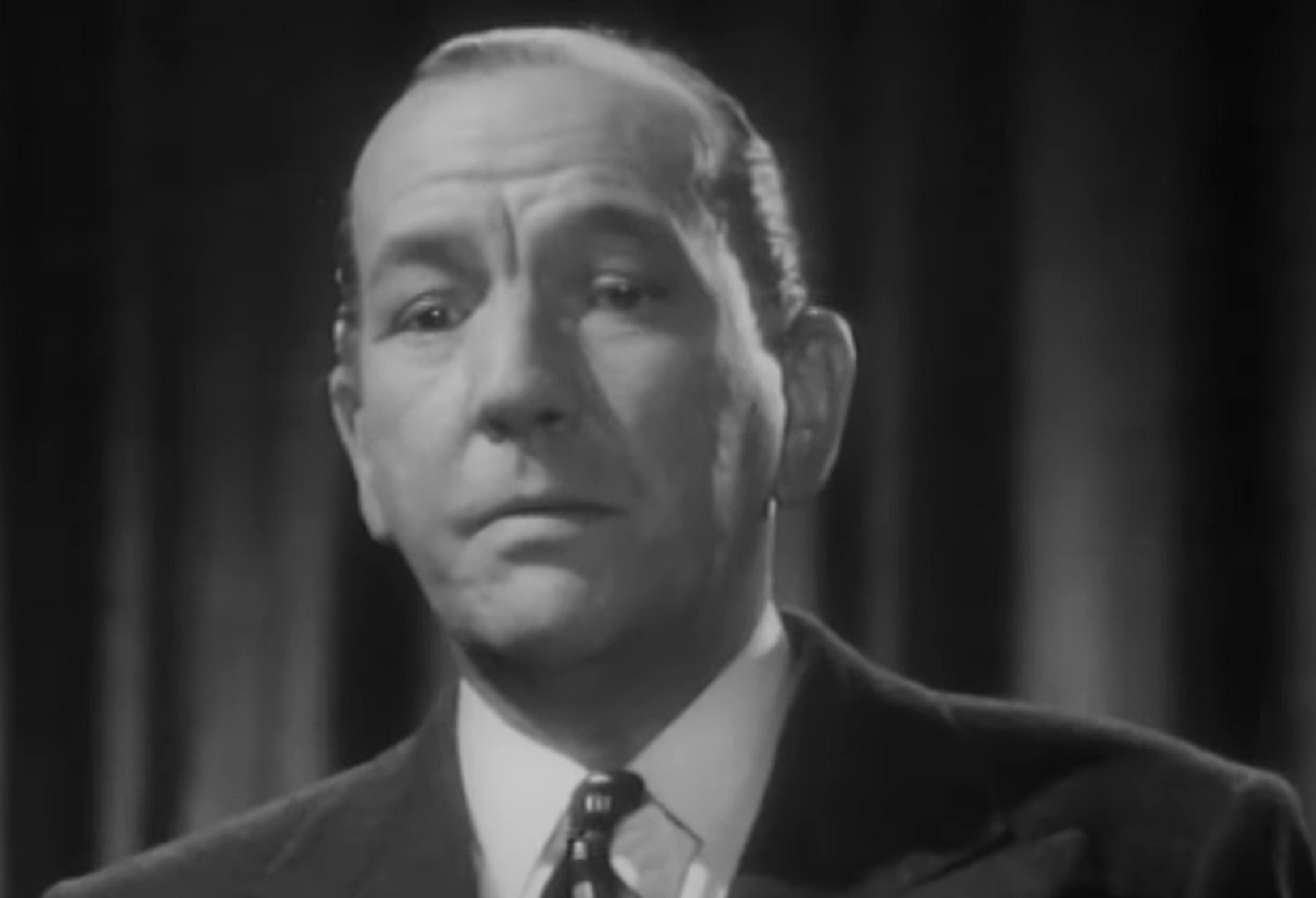 Fragile Films, Mad About the Boy: The Noel Coward Story (2023)
Fragile Films, Mad About the Boy: The Noel Coward Story (2023)
25. It Was A Huge Flop
While it may seem that Coward was capable only of writing hit plays, that wasn’t actually true. In 1927, audiences hated a production of his play, Sirocco. Actually hate is probably too weak a word. They booed the production loudly and then, when Coward tried to leave the theater, they spat on him.
Coward didn’t seem fazed by the experience, but it seemed that few things did faze him: not even the Great Depression.
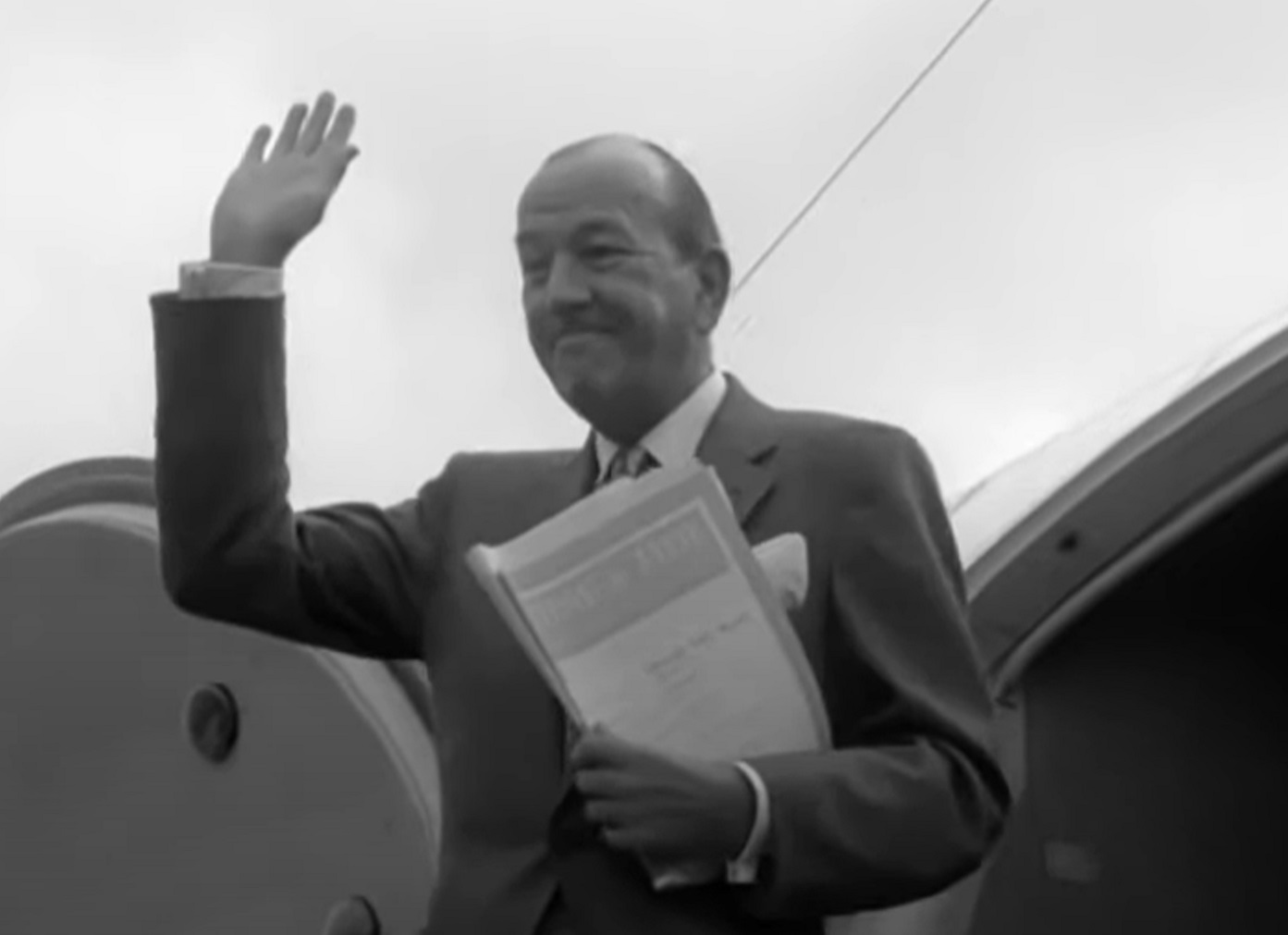 Fragile Films, Mad About the Boy: The Noel Coward Story (2023)
Fragile Films, Mad About the Boy: The Noel Coward Story (2023)
26. He Just Kept Working
In 1929, most of the world fell into a deep depression—a financial one. Coward, on the other hand, just kept working. During this time, he focussed his artistic energy into plays and musicals that would help people forget their troubles. It worked, and one of his biggest productions caught the attention of Hollywood.
They made a film based on his extravaganza Cavalcade and it took home the best picture award from the Academy.
 Willem van de Poll, Wikimedia Commons
Willem van de Poll, Wikimedia Commons
27. It Ended In Tears
In 1936, Coward appeared in his own play Tonight at 8.30, which he also directed. During the production, one of his co-stars, Alan Webb, became his lover. One of the things Coward liked about Webb was that he wasn’t afraid to stand up to Coward. Friends of Coward, however, called Webb “caustic” but also “brilliant”.
The relationship was, however, turbulent and apparently “ended in tears”. Maybe what Coward needed in a partner was less caustic brilliance, and someone a little more naive.
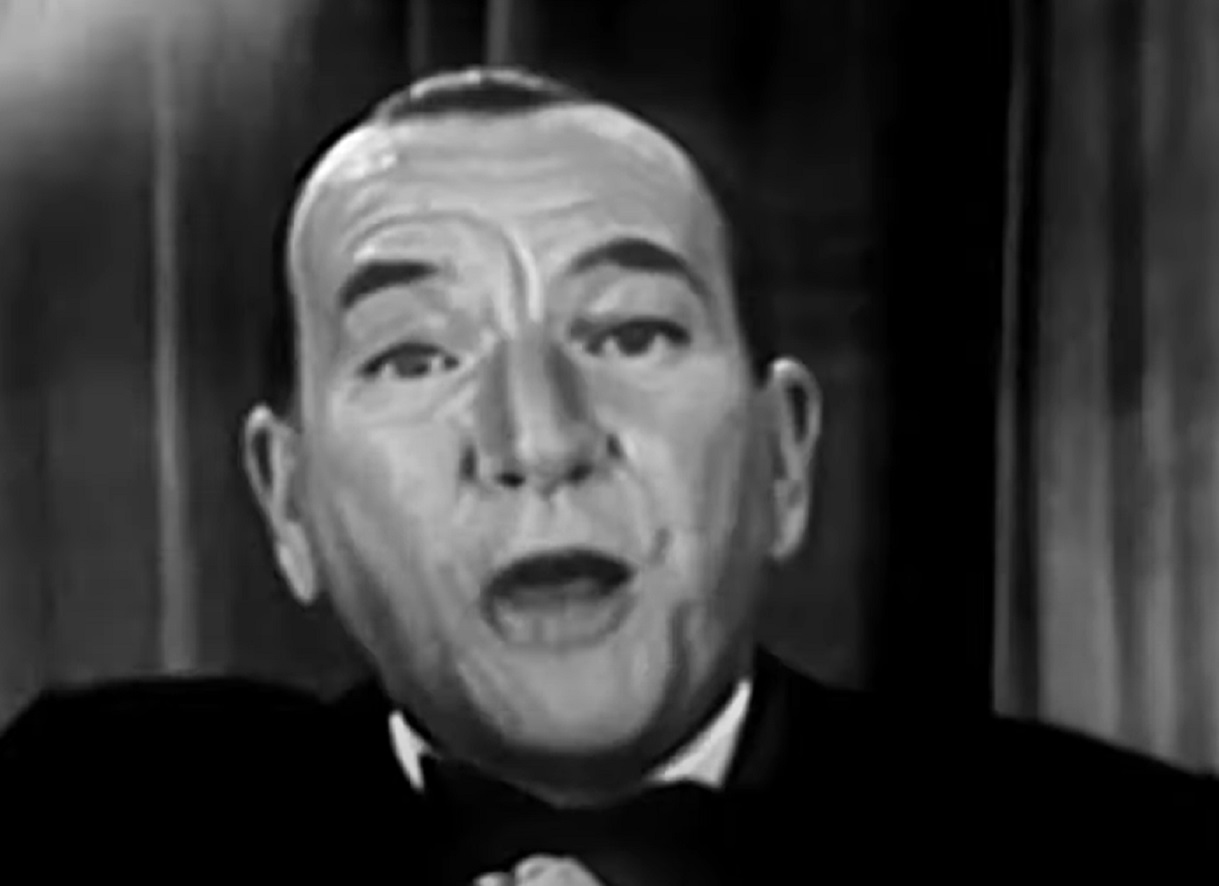 Fragile Films, Mad About the Boy: The Noel Coward Story (2023)
Fragile Films, Mad About the Boy: The Noel Coward Story (2023)
28. He Was Just A Boy
Back in 1932, Coward had auditioned a 14-year-old boy for a role in a review called Words and Music. This boy was Graham Payn and Coward was much taken with his audition. In the audition, Payn somehow managed to sing "Nearer My God to Thee" all the while tap dancing his heart out.
Coward rewarded Payn with a role in the review, and that should have been the end of his relationship with Coward. Years later, however, Payn came back into Coward’s life.
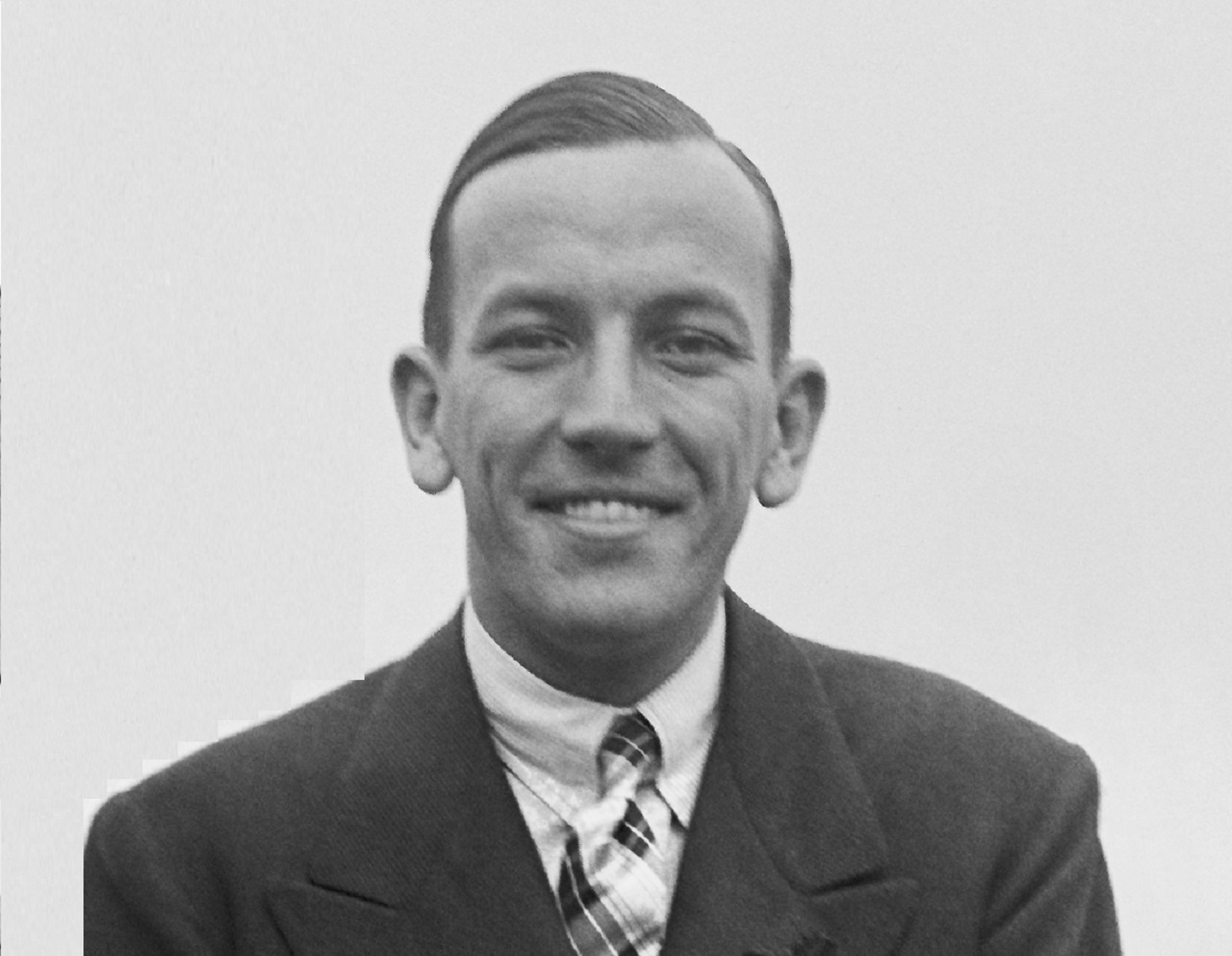 Bain News Service, Wikimedia Commons
Bain News Service, Wikimedia Commons
29. He Went Backstage
Down the road, when Payn was 23 years old, he appeared in a review called Fine and Dandy and happened to sing one of Coward’s songs. Not only did Coward attend the performance, he also went backstage to see Payn.
It had been about ten years since the two men had seen each other, and Payn remembers being very nervous. Backstage, Coward told Payn that his performance was “splendid”. It turned out that Coward thought Payn himself had grown into something quite splendid.
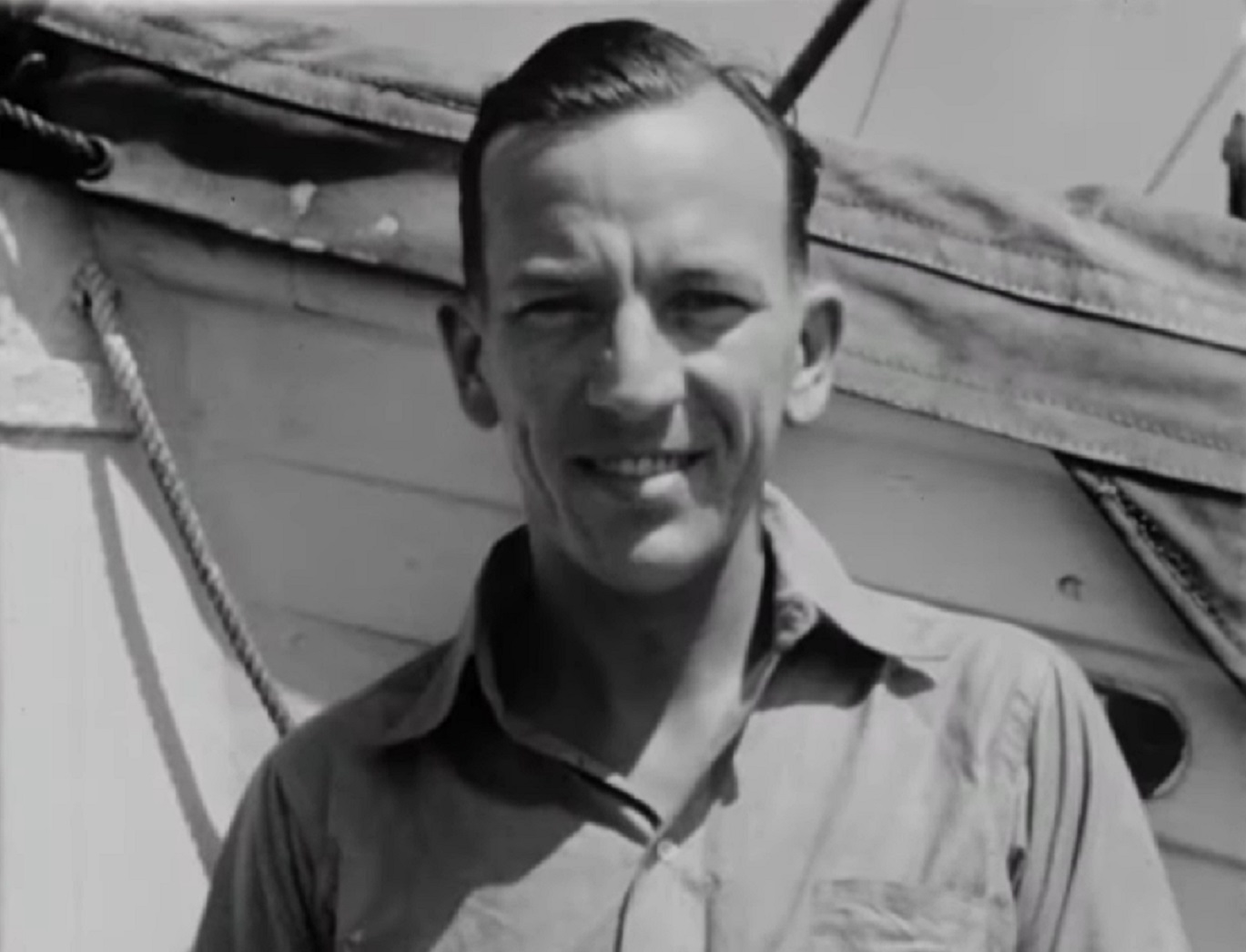 Fragile Films, Mad About the Boy: The Noel Coward Story (2023)
Fragile Films, Mad About the Boy: The Noel Coward Story (2023)
30. He Was Not A Pain At All
Coward began helping Payn with his career and also became his lover. After all of Coward’s troubled relationships—made even more troubled by their secrecy—Payn was a welcome change. Friends described him as uncomplicated and generous. In the end, it was Coward’s longest relationship, lasting 30 years.
Whenever Coward met someone good for him, the world seemed to throw in a monkey wrench. This relationship was no exception.
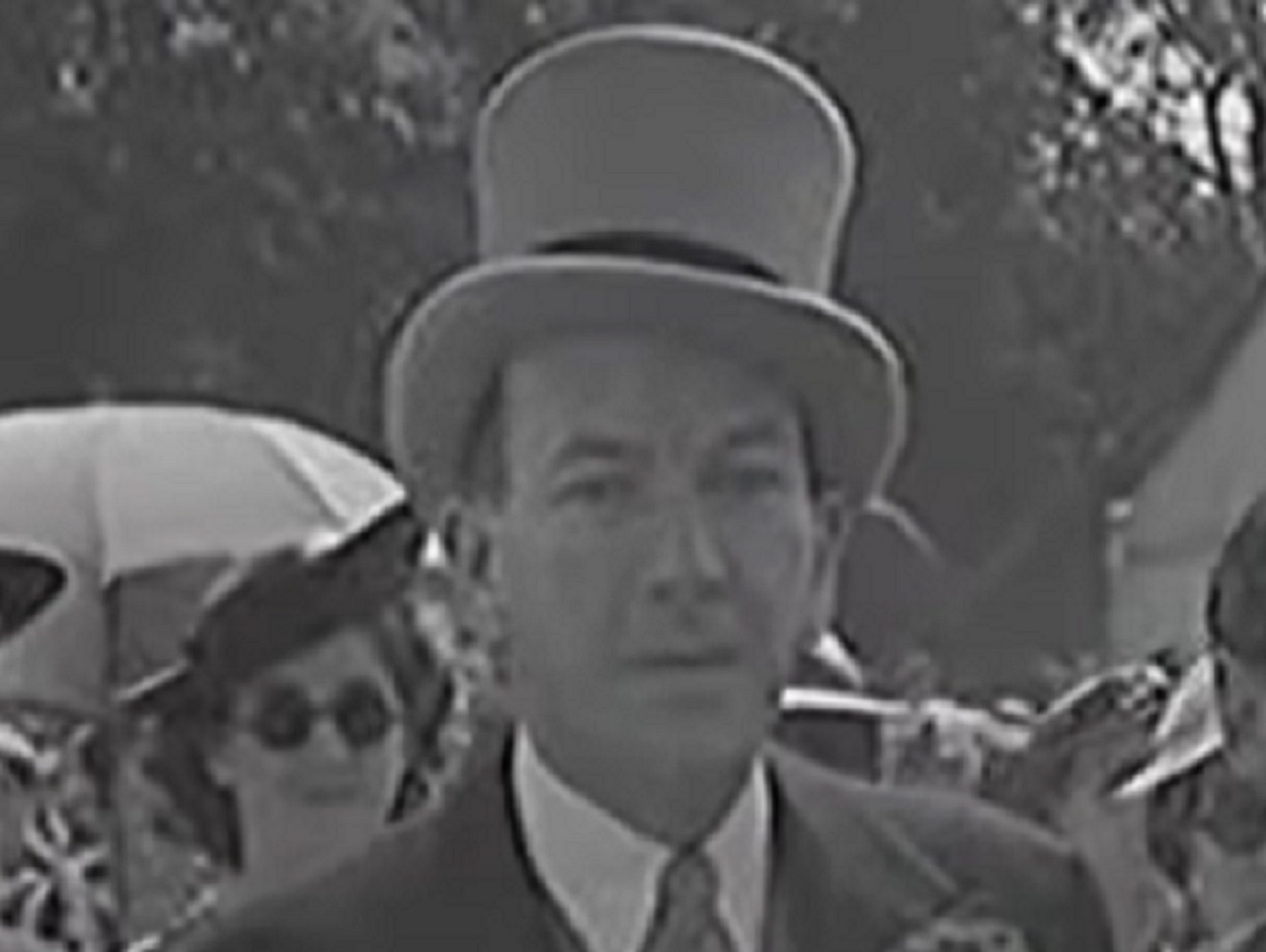 Fragile Films, Mad About the Boy: The Noel Coward Story (2023)
Fragile Films, Mad About the Boy: The Noel Coward Story (2023)
31. He Made Up For It
Coward had been expecting a second international conflict, and when it arrived, he was ready for it. He’d failed bitterly during WWI and was now ready to fix that. When WWII began, Coward busied himself with finding his own way to save England.
Of course he wouldn’t be a regular soldier, instead he worked in Paris, where he was in charge of the British propaganda office. He was soon unhappy in this position, and he famously said that the idea of the office must have been to “bore the Germans to death".
Coward wanted to do a real and vital service for his country, but his singing and dancing skills were not easily transferable to the battlefield.
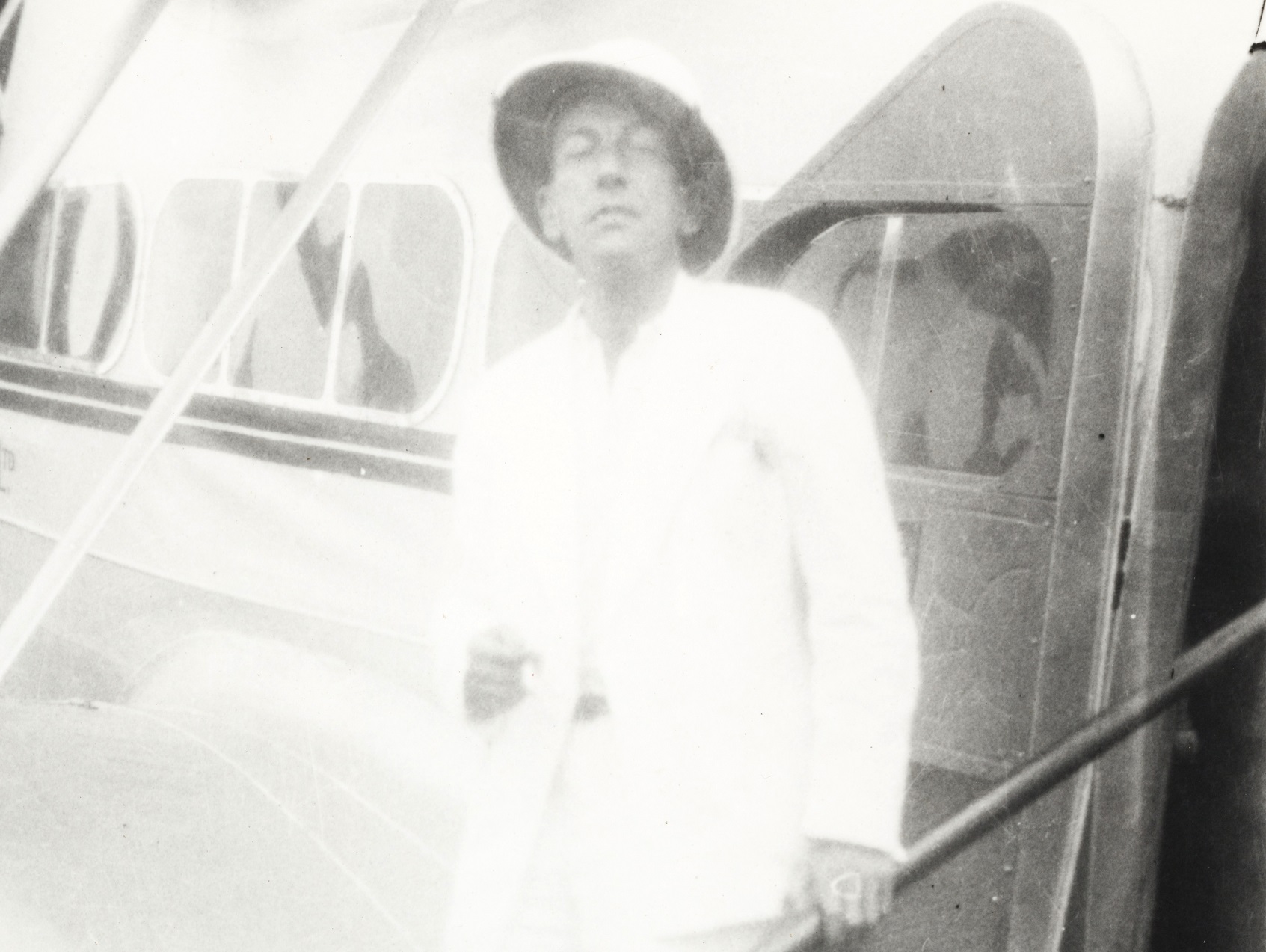 State Library of New South Wales, Wikimedia Commons
State Library of New South Wales, Wikimedia Commons
32. It Was A Secret
Coward’s next stop during WWII was the United States. The British Secret Service wanted Coward to use his show business connections to get Americans to rally behind his home country. He even took a meeting with Roosevelt in the president’s bedroom. Sadly, back at home Britons just thought Coward was wasting his time and partying in the US.
Coward desperately wanted his countrymen to know that he was trying to help, but the Secret Service wanted to keep his mission underwraps.
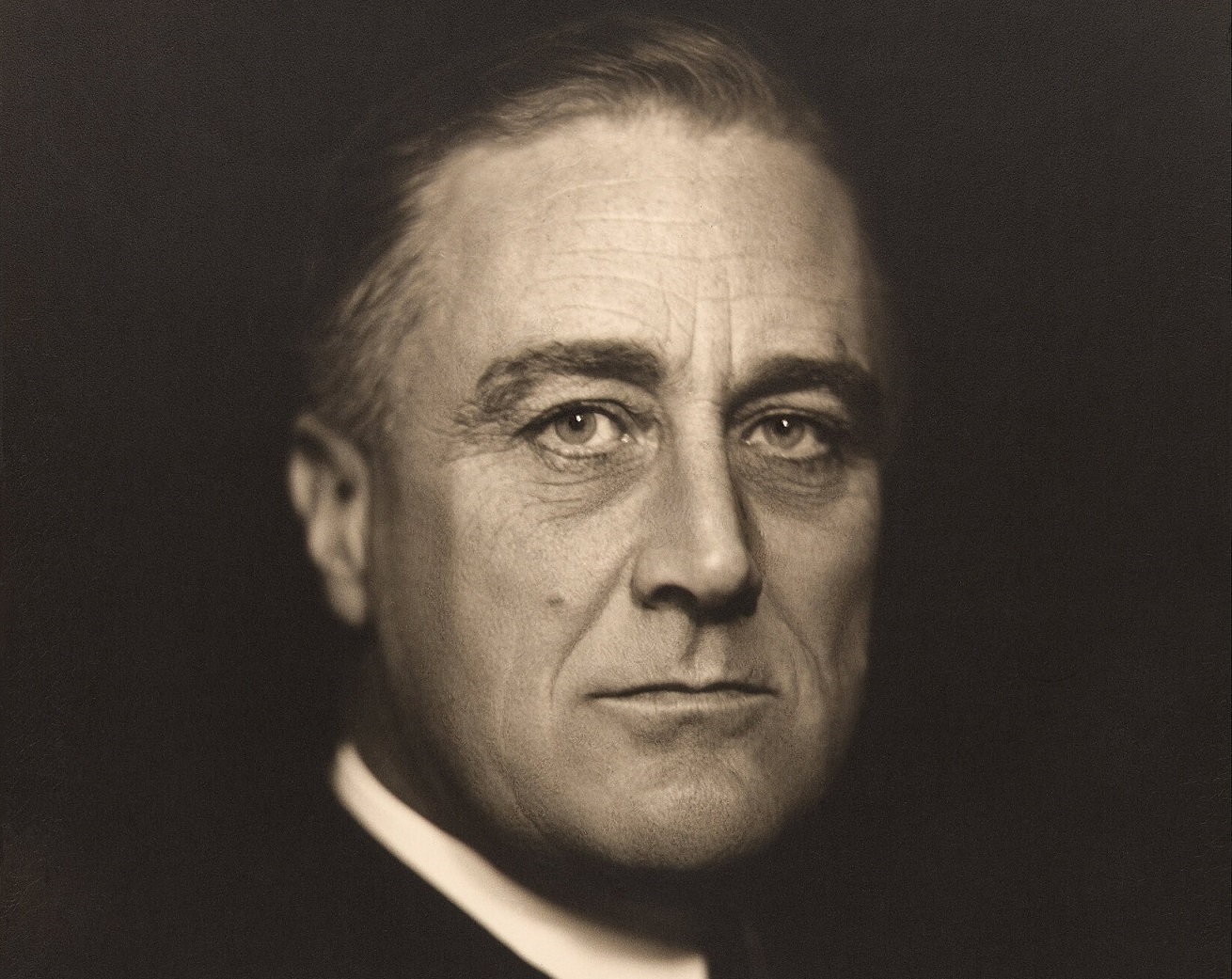 Vincenzo Laviosa, Wikimedia Commons
Vincenzo Laviosa, Wikimedia Commons
33. He Got Canceled
Even though it looked to most people that Noël Coward did little during WWII, the king thought otherwise. In 1942, King George VI wanted to make Coward a knight. The plan would have gone ahead—but there was only one problem: the Prime Minister.
Winston Churchill thought that Coward was a little too flamboyant—which meant gay—to be a knight. He made up some excuse and canceled Coward's knighthood. Churchill had another idea for Coward: entertain the troops!
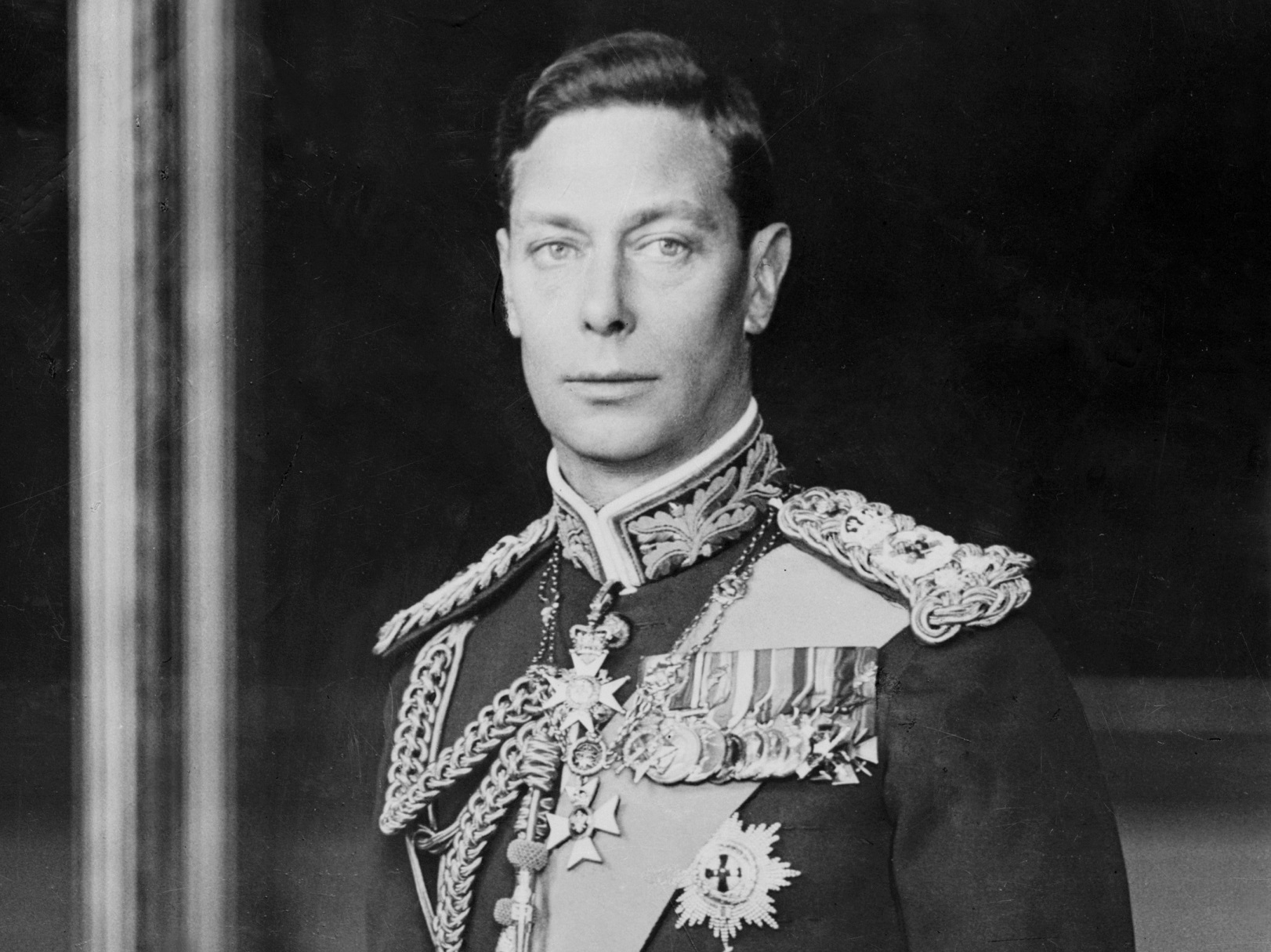 Walter Stoneman, Wikimedia Commons
Walter Stoneman, Wikimedia Commons
34. They Destroyed His Home
Churchill seemed suspicious of Coward’s involvement in any serious capacity during WWII. He did know that Coward was famous and popular as a performer. For that reason, he sent Coward all over the world in an effort to keep the servicemen and women happy. While he was gone, Germans' heavy firing destroyed Coward’s home in London.
It seemed that the Germans had in it for Coward. A little later, Coward found out how close he was to being a victim of their atrocities.
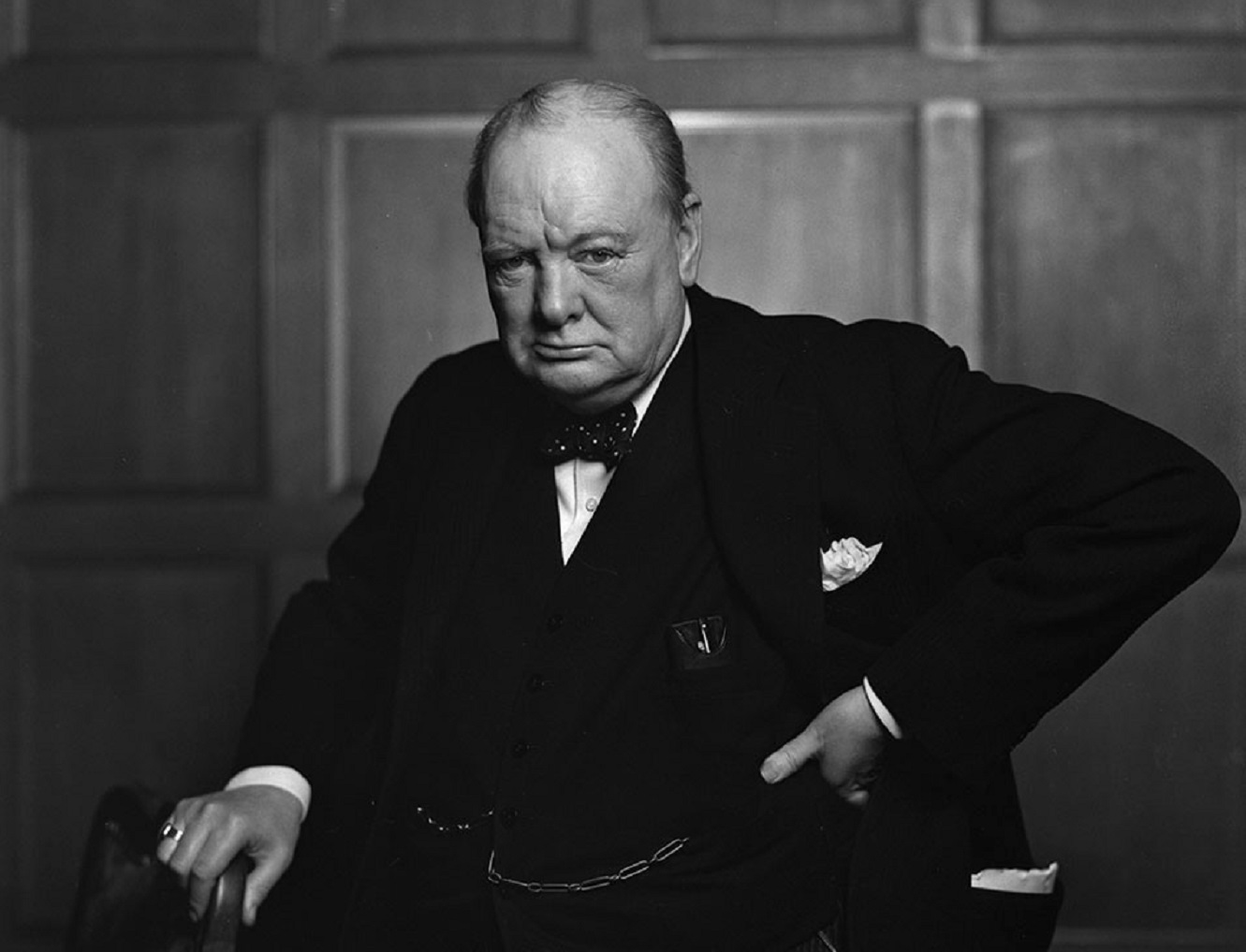 Yousuf Karsh, Wikimedia Commons
Yousuf Karsh, Wikimedia Commons
35. He Was On A List
Once WWII was over, a list called “The Black Book” surfaced. It turned out to be a list that the Germans made and everyone who appeared on it was due for execution. Coward was on the list, as was the writer—and friend—Virginia Woolf.
If the Germans had won WWII, neither would have survived. It would have been a shame too, especially since Coward’s biggest hit came soon after.
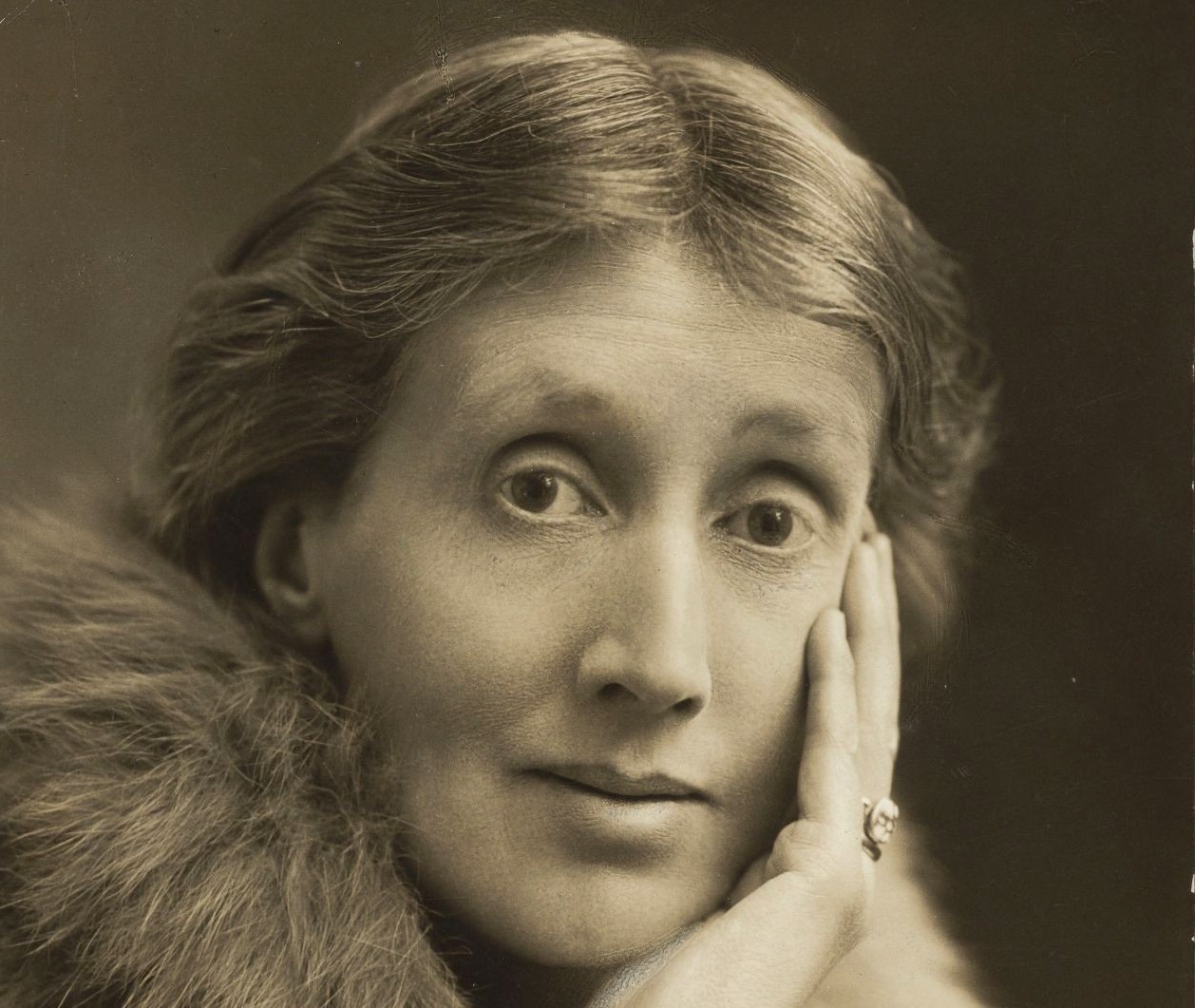 Unknown Author ,Wikimedia Commons
Unknown Author ,Wikimedia Commons
36. It Was A Hit
Blithe Spirit is largely seen as Coward's most successful plays—by himself included. The story, about a medium who inadvertently brings back the ghost of a writer’s first wife, was an immediate sensation. In London’s West End it ran for almost 2,000 performances. On Broadway in New York City there were 657 performances. Two films—in 1945 and 2020—and a musical adaptation followed.
Coward was on top of the world—until he stuck his foot in his mouth.
 Theatre Magazine Company, Wikimedia Commons
Theatre Magazine Company, Wikimedia Commons
37. He Insulted America
In 1944, Coward wrote about his experiences in WWII and called it Middle East Diary. One quote from the book that angered Americans was Coward's observation that he wasn’t that impressed “by some of the mournful little Brooklyn boys lying there in tears amid the alien corn with nothing worse than a bullet wound in the leg or a fractured arm".
Both The Washington Post and The New York Times expressed their anger toward Coward’s comment. The British Foreign Home Office then told Coward to stay out of the US until things cooled off. Things would eventually cool off—but not in a good way.
 Theatre Magazine Company, Wikimedia Commons
Theatre Magazine Company, Wikimedia Commons
38. He Was A Failure
Coward’s plays after WWII didn’t seem to sparkle in the same way as the ones before. In particular were the failures of his musicals Pacific 1860 and Ace of Clubs. Of course, this was devastating for Coward both artistically and financially.
To make up for the loss, Coward decided to mount a revue show of the material he wrote for the troops during WWII. He took this show to the Cafe de Paris and then to Las Vegas. It was a hit in both locations. In spite of his returning success, Coward had something serious to worry about.
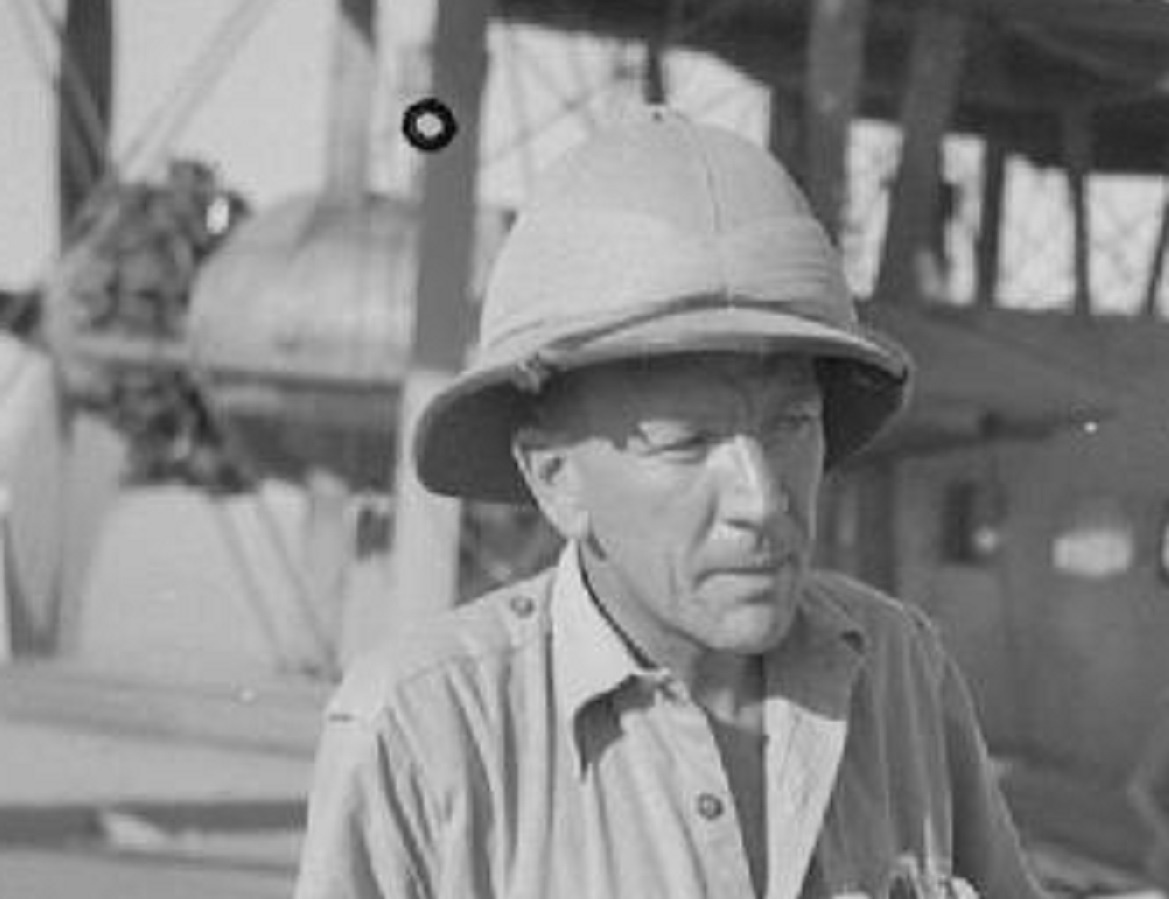 Army Film & Photographic Unit, Neill (Sgt), Wikimedia Commons
Army Film & Photographic Unit, Neill (Sgt), Wikimedia Commons
39. There Was Something Looming
During this time, Noël Coward was once again living the high life. There was, however, always something looming over him and his friends. Being gay was still against the law, and they had the plight of imprisoned gay writer Oscar Wilde as their cautionary tale.
In 1953, officers took Coward’s friend John Gielgud in when they caught him flirting with a man in a public washroom. Gielgud only received a fine, but he suffered something else: a nervous breakdown. Coward knew that at any moment, officers could take him in as well.
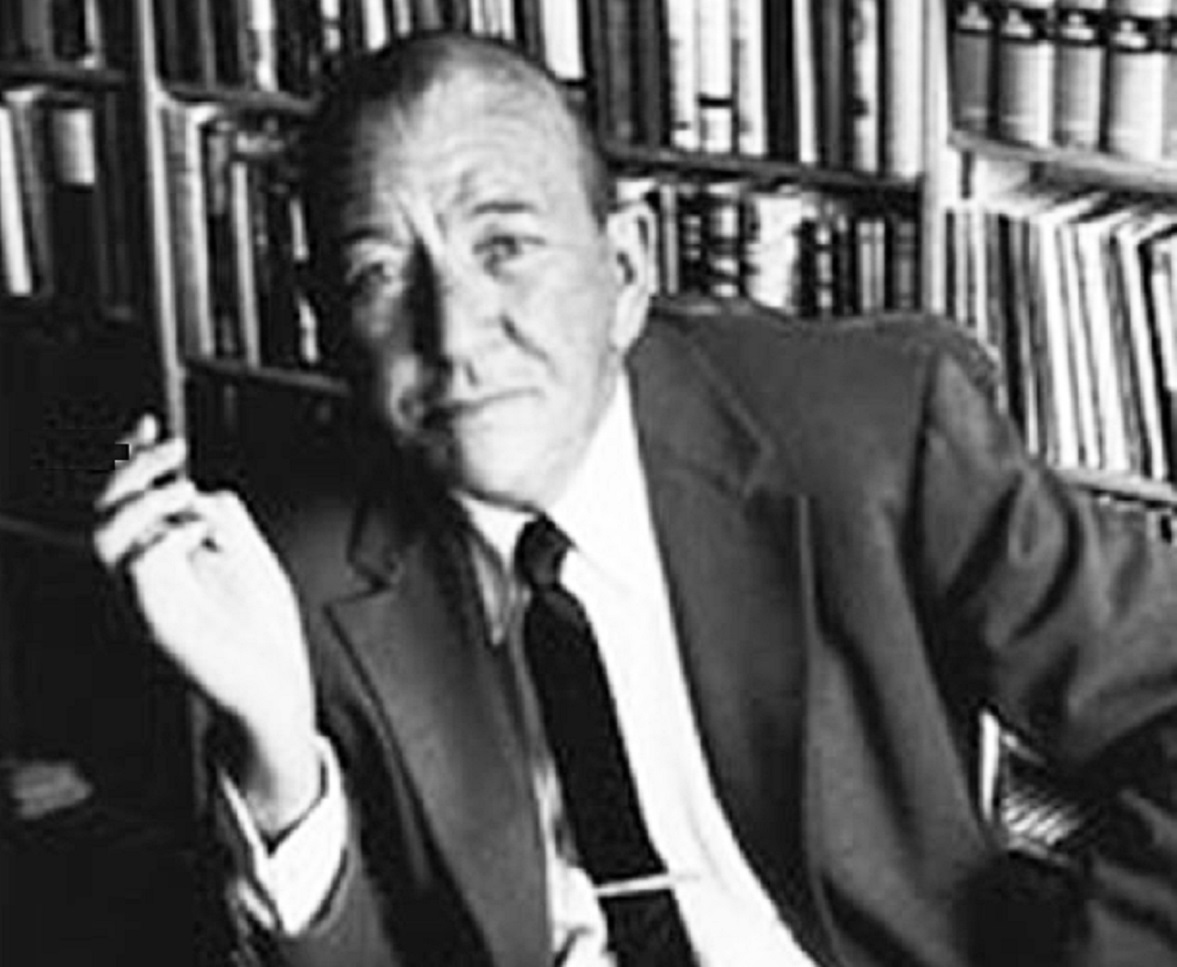 Erling Mandelmann, Wikimedia Commons
Erling Mandelmann, Wikimedia Commons
40. He Was Hiding
Besides being gay, there was something else Coward was trying to hide: his money. Coward had an interest in keeping his hard-earned cash for himself and wanted to avoid paying the taxes he owed to the government.
He did this by owning homes in Bermuda, Jamaica, and the typical tax haven: Switzerland. The press had a field day, and let loose a tirade about the dishonor of not paying taxes. Not only was Coward avoiding the tax man, he was also avoiding any strenuous activity.
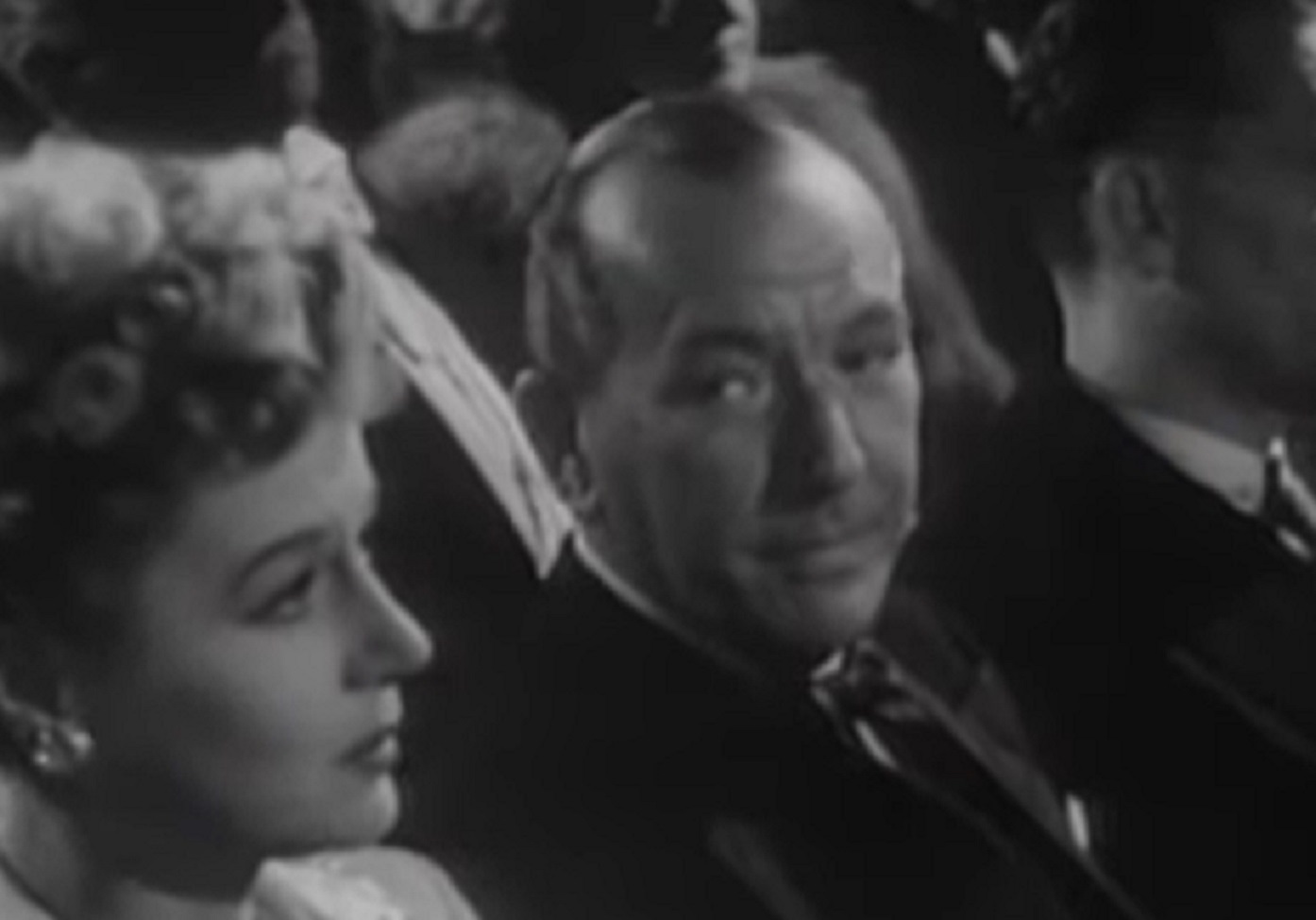 Fragile Films, Mad About the Boy: The Noel Coward Story (2023)
Fragile Films, Mad About the Boy: The Noel Coward Story (2023)
41. She Had A Complaint
Coward spent a lot of time at his homes in the Caribbean and it was often with someone famous. World famous actress, Katharine Hepburn was one of his travel companions but she had her complaints about Coward. She thought that he and his friends spent too much time lying around the beach with no clothes on. In her view, they should be more active.
As it turned out, Coward was actually working while he was playing.
42. They Were The Neighbors
While at his home in Jamaica, Coward had an idea for a play. Well, the idea was actually right on his doorstep. You see, his neighbors in Jamaica were none other than James Bond creator Ian Fleming and his wife Ann. The Flemings were having trouble as the womanizing Ian was allegedly carrying on an affair with another neighbor: Blanche Blackwell.
But how could Coward write so openly about people who called him their friend?
43. He Was The Godfather
Back in 1952, Coward was actually one of the witnesses at the marriage of Ian Fleming and his bride Ann—Viscountess Rothermore. When they had a child, they even asked Coward to be the godfather. Of course, Coward changed the names of the characters in the play, but anyone in the know would easily see that they were the Flemings.
Would Coward risk his friendship and expose their secrets? The short answer is “yes”. He called the play Volcano and took it back to London.
44. He Had A Plan
When Coward had finished the play about the Flemings, he took it to London where it was promptly rejected by Hugh Beaumont, who basically ran the theater scene in London’s West End. Beaumont thought Volcano was old-fashioned and that Coward was clearly on his way out as a playwright.
Coward wasn’t one to be easily dismissed, so he quickly concocted a plan. He would get a major star to agree to be in Volcano and therefore secure the play a West End production.
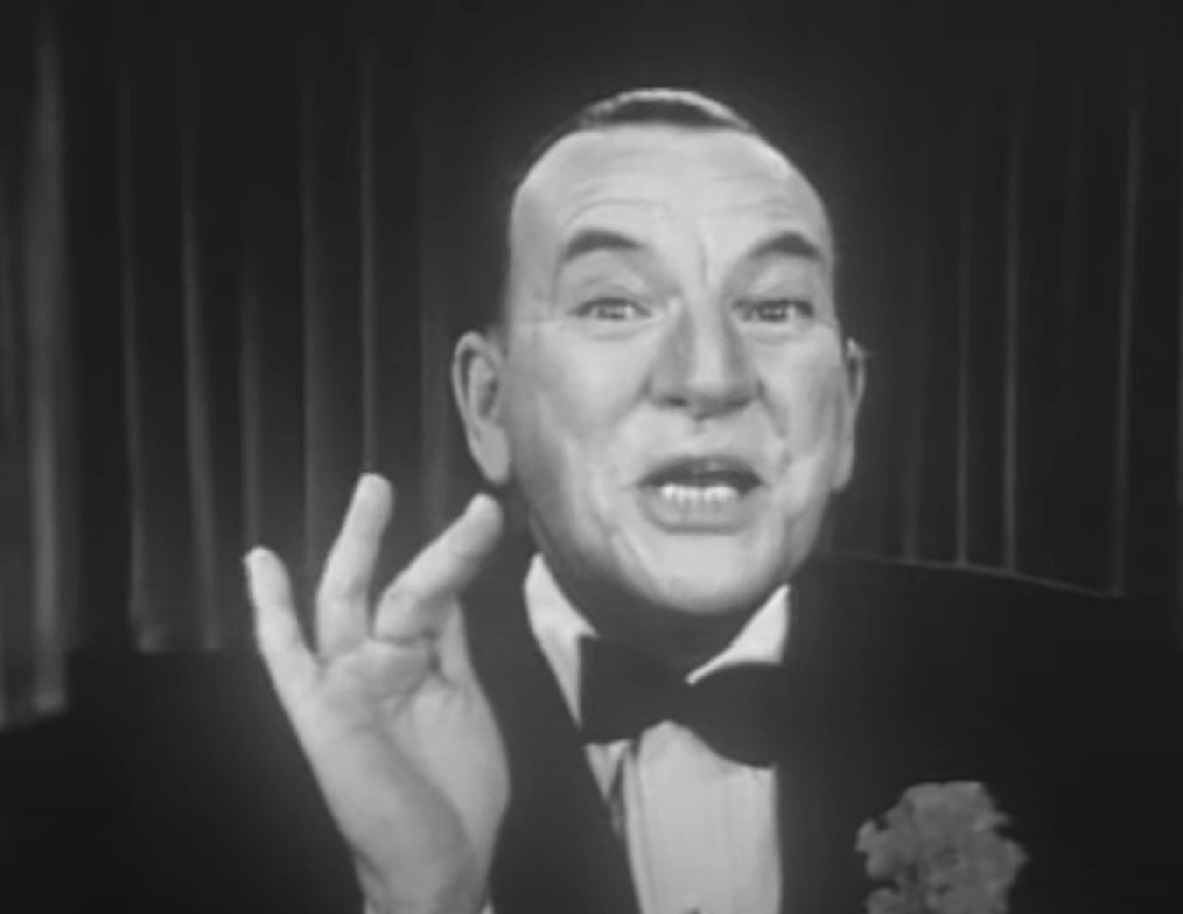 Fragile Films, Mad About the Boy: The Noel Coward Story (2023)
Fragile Films, Mad About the Boy: The Noel Coward Story (2023)
45. He Needed A Hit
The thing was, Coward really needed Volcano to succeed. He was close to being broke due to his declining popularity. He also had his lover to worry about. Coward was spending time and money trying to make Payn into a star—but he didn’t seem to want it badly enough.
Coward had everything riding on this play. He took the script for Volcano and showed it to the great acting legend, and his friend, Katherine Hepburn. Sadly, she gave it a pass. It was a devastating disappointment for Coward. Would Volcano ever see the stage?
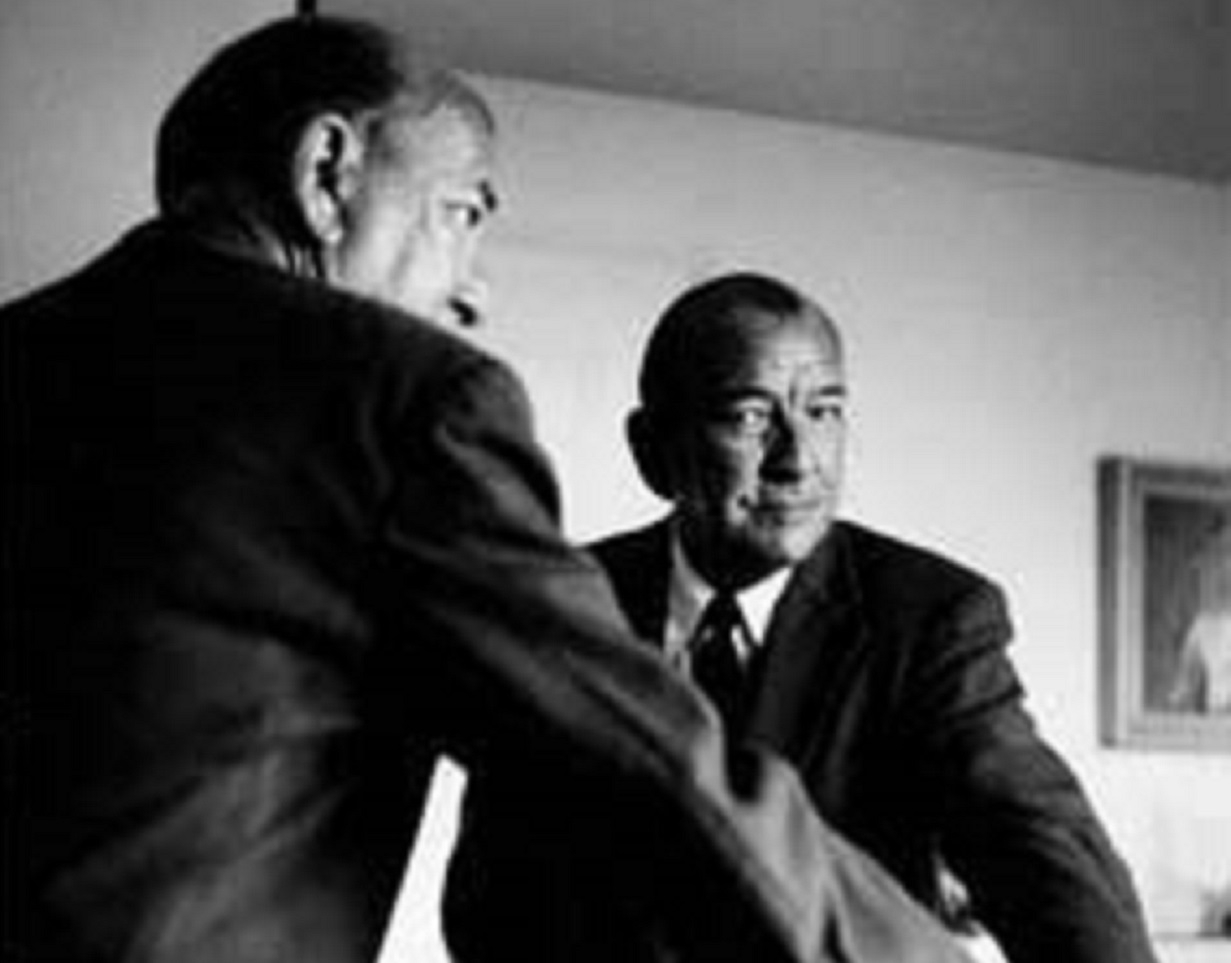 Erling Mandelmann, Wikimedia Commons
Erling Mandelmann, Wikimedia Commons
46. He Mixed Work And Pleasure
When Coward finally—and reluctantly—gave up on Volcano, he instead appeared in his play Present Laughter. Here, Coward’s co-star was William Traylor, who was about half Coward’s age. Present Laughter was Traylor’s Broadway debut and a debut of another kind.
When he started seeing Coward romantically, it was the first time he’d been in a relationship with another man. It started out as quite a pleasant diversion for Coward, but soon, the tryst descended into something much more disturbing.
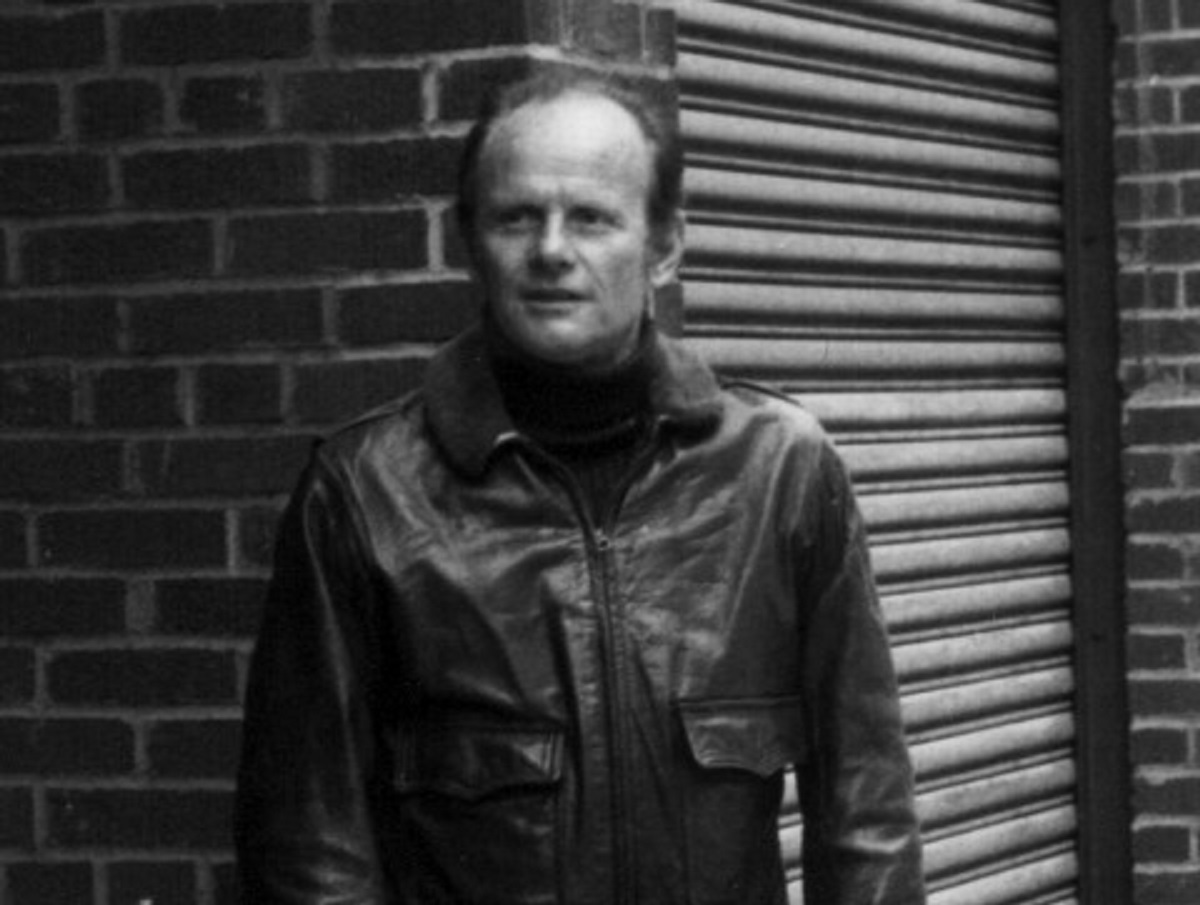 Obrute, CC BY-SA 4.0, Wikimedia Commons
Obrute, CC BY-SA 4.0, Wikimedia Commons
47. It was Tumultuous
Problems between Coward and Traylor started when Traylor had a realization: as a devout Catholic he shouldn’t really by hopping into bed with another man. After a whole lot of drama, Trayor tried to take his own life. Coward had to watch as doctors walked Traylor away in a straitjacket. Coward didn’t fare much better.
He suffered a nervous breakdown because of his relationship with Traylor. Years later, Traylor married a woman and they started their own acting school. Coward did survive his short dalliance with Traylor, but his career was hanging on by a thread.
 Allan warren, CC BY-SA 3.0, Wikimedia Commons
Allan warren, CC BY-SA 3.0, Wikimedia Commons
48. He Knew it Was Over
Coward continued to write and act for the next few years. By the mid 1960s, he was suffering from memory loss, and he knew he had to stop acting. He did, however, have one last performance in him.
This was in a trilogy play called Suite in Three Keys. There was something special about this play and the character he portrayed. His last role was something he’d never done before: He played a gay character. Thankfully, the reviews for his last performance were splendid!
 Allan warren, CC BY-SA 3.0, Wikimedia Commons
Allan warren, CC BY-SA 3.0, Wikimedia Commons
49. He Could Have been More
As prolific as Noël Coward was, he could have been so much more. Coward began getting a reputation for something besides writing and acting: it was for turning things down. For instance, he could have been the first Bond villain ever: Dr No. Instead, he took a cue from the character’s name and flatly refused.
And what about the scandalous film Lolita? Coward could have been the lecherous Humbert Humbert, but he left that to James Mason. There was, however, one role Coward really wanted. He wanted to be a knight.
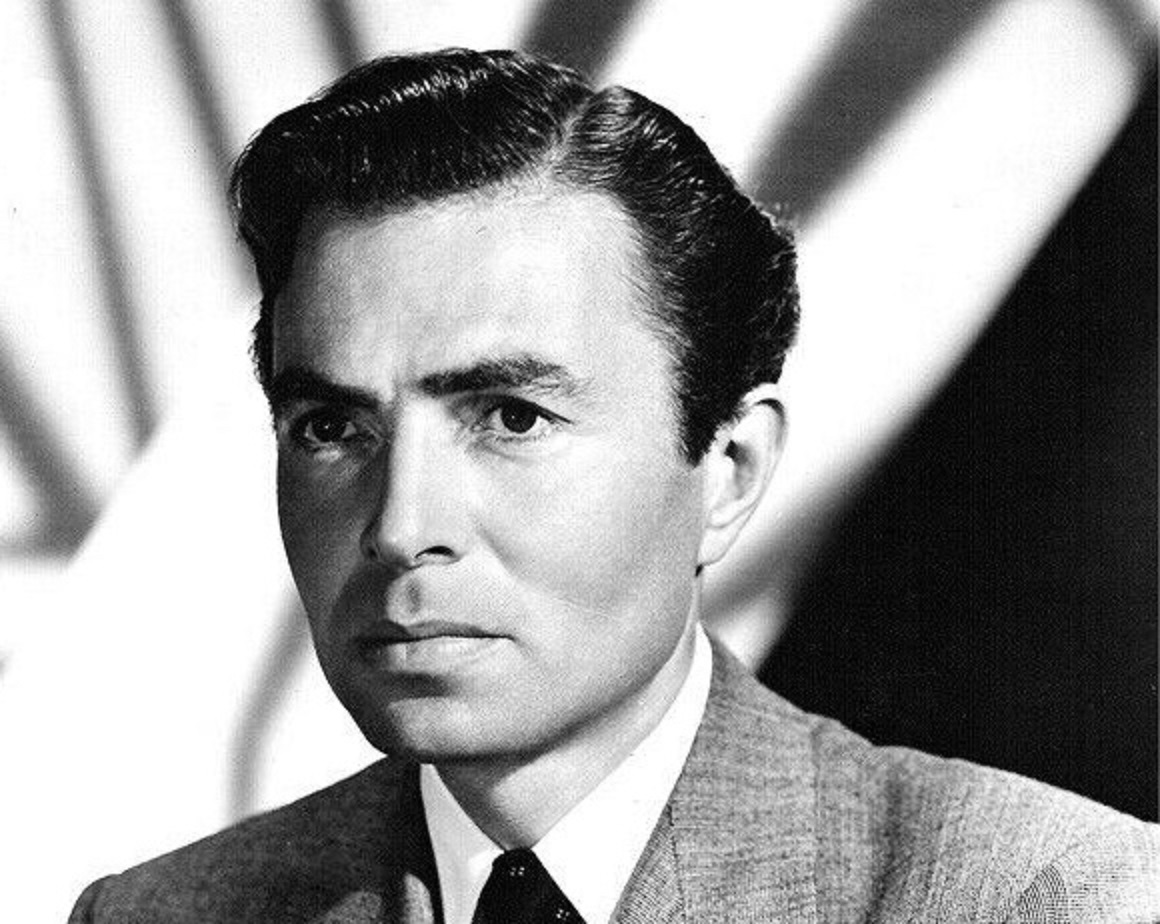 Unknown Author, Wikimedia Commons
Unknown Author, Wikimedia Commons
50. He Finally Became A Knight
Remember back in 1942, when Winston Churchill canceled Coward’s opportunity for a knighthood? Well, in 1969 it finally happened. That same year, he received a lifetime achievement award from the people at the Tony awards. It was a great year for Coward, but sadly it would be one of his last.
In 1973, he passed at his home in Jamaica. As per his wishes, they buried Coward on the hot tropical island that he loved so much. Back at home, however, they wanted to make a big fuss about the loss of one of the UK’s finest writers. 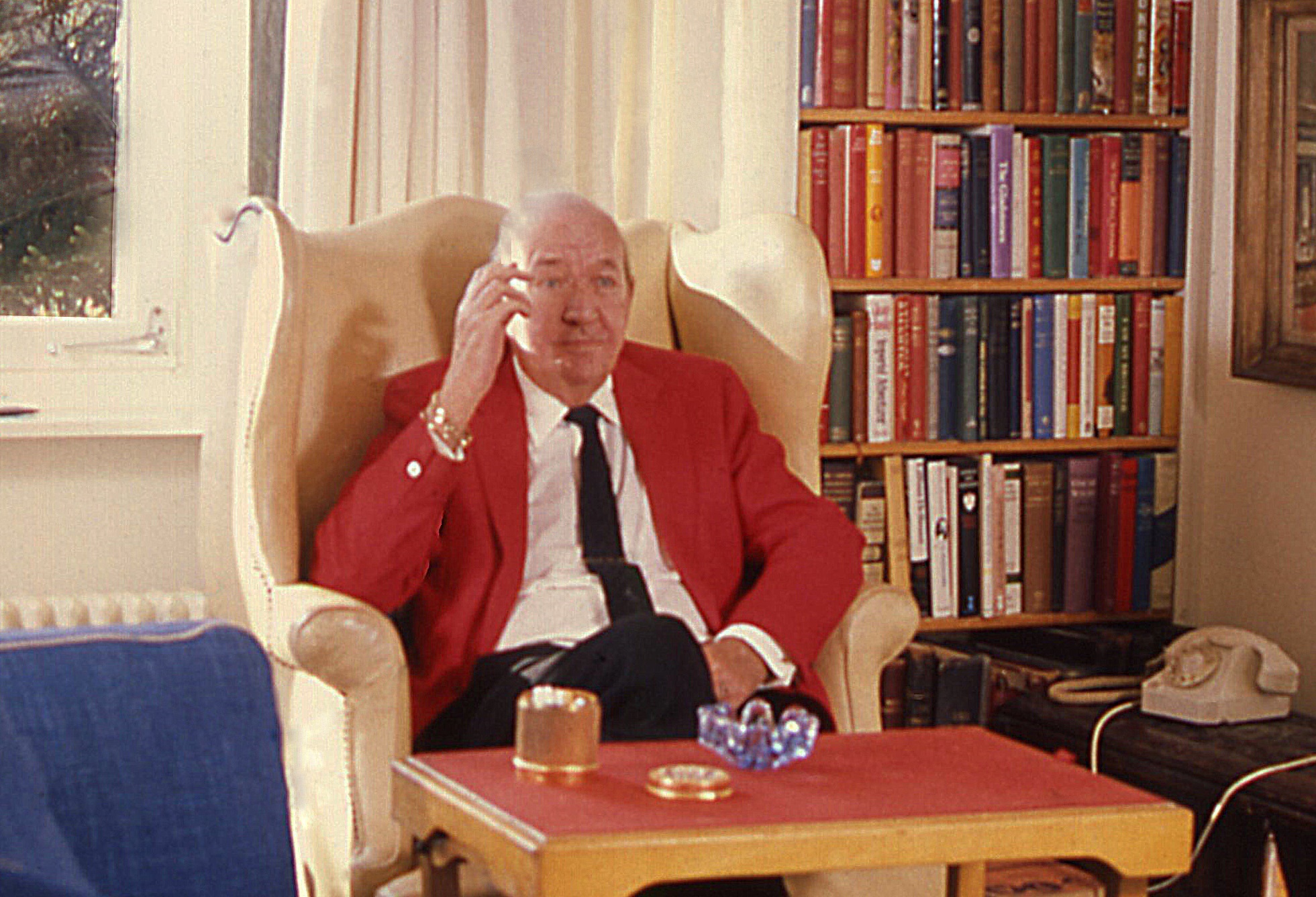 Allan warren, CC BY-SA 3.0, Wikimedia Commons
Allan warren, CC BY-SA 3.0, Wikimedia Commons
51. He’d Made An Important Friend
There was a memorial service for Coward in London. At Poets' Corner, by Westminster Abbey, they placed a commemorative stone. A very important figure attended the ceremony: the Queen Mother. It was a defining moment because it was Coward’s partner, Payn, who had the privilege of thanking the Queen Mother for her appearance.
Finally, Coward no longer had to hide who he was. When asked why she was at the ceremony, the Queen Mother simply said that she “came because he was my friend”. Coward’s connection with the royal family, however, goes further back than this.
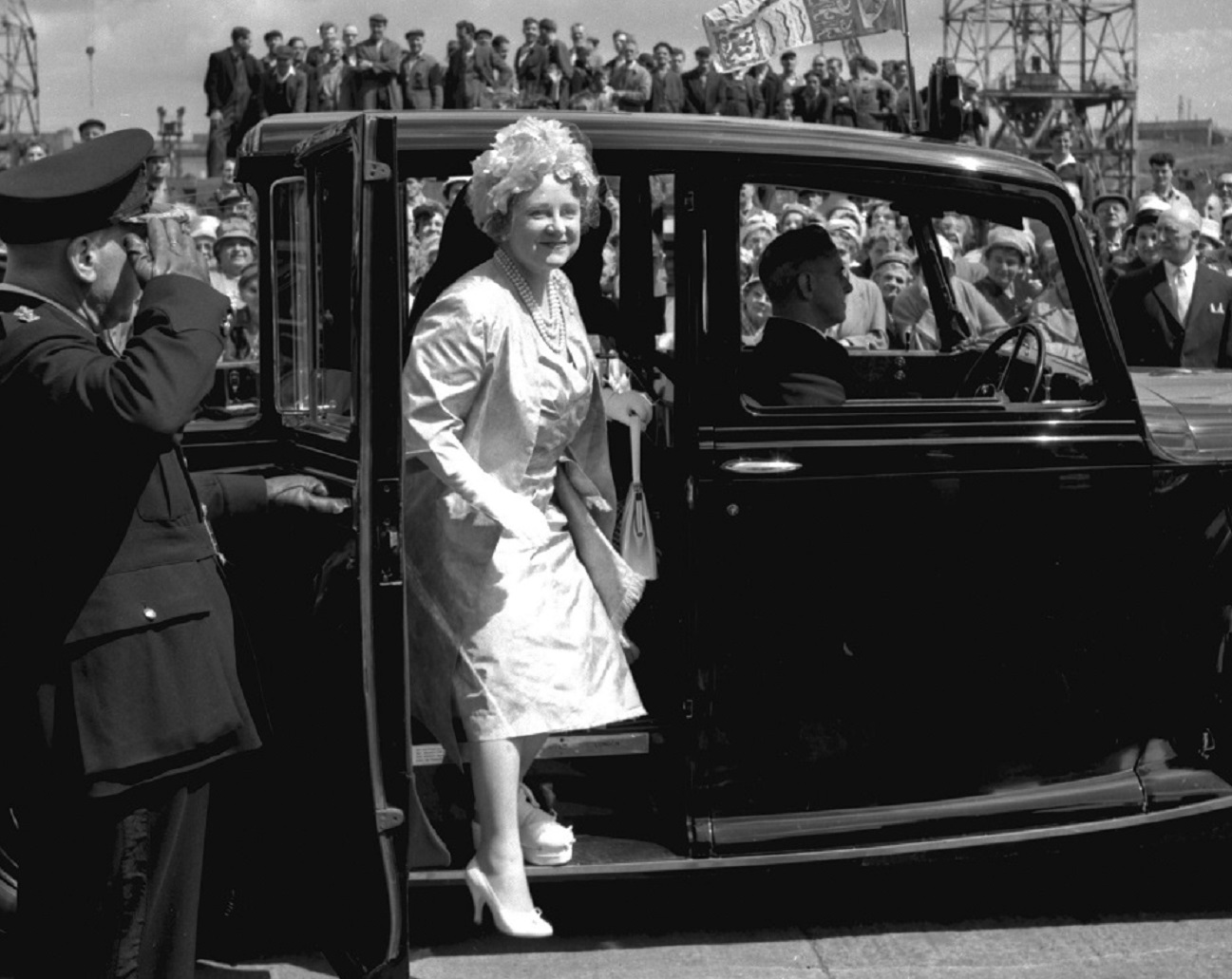 Tyne & Wear Archives & Museums, Wikimedia Commons
Tyne & Wear Archives & Museums, Wikimedia Commons
52. He Had A Royal Affair
Apparently, Noël Coward had an almost 20-year-friendship with Queen Elizabeth’s uncle, Prince George Duke of Kent. This was from 1923 to 1942, until George lost his life in a suspicious air crash. Whether they were friends or something more is still a mystery to this day. One thing we do know is that, on one scandalous night, officers brought the two men down to the station.
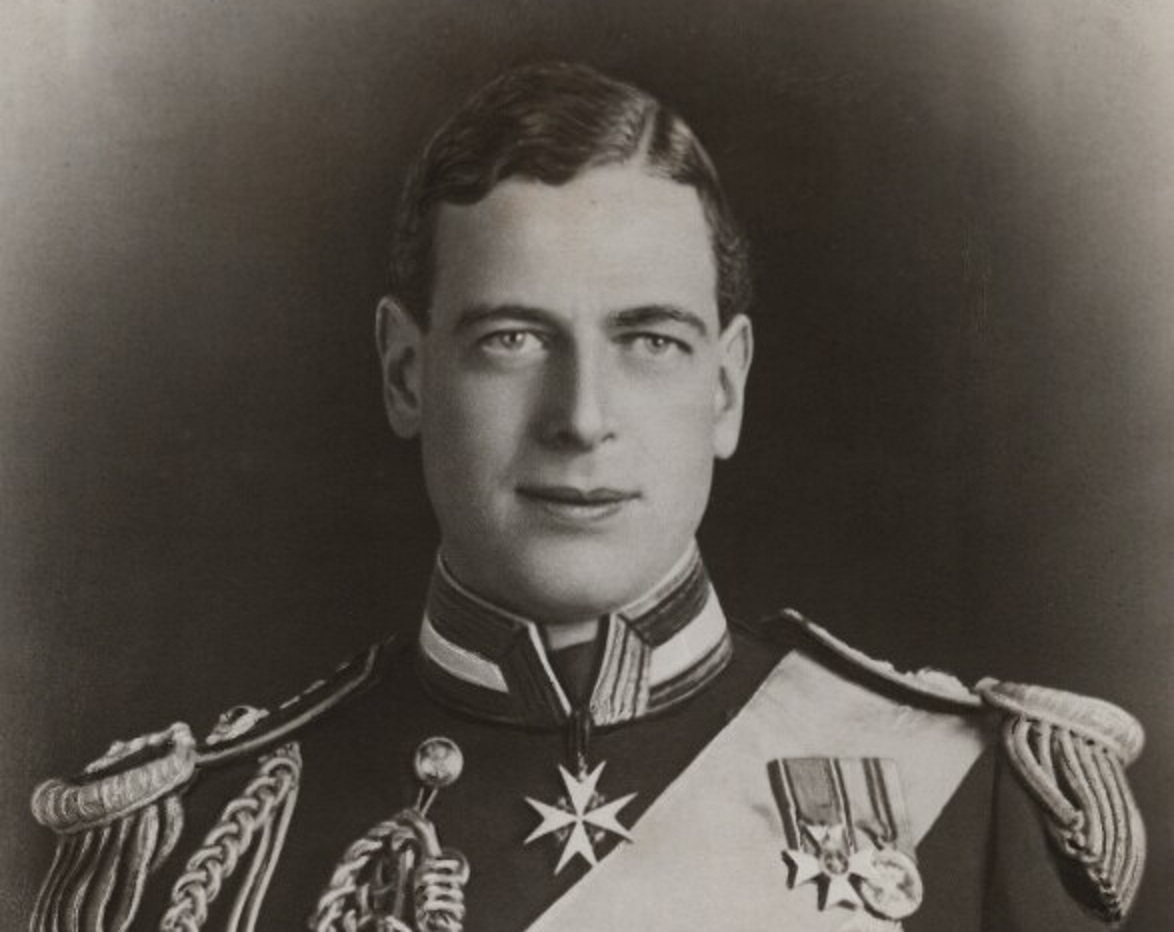 Bassano Ltd, Wikimedia Commons
Bassano Ltd, Wikimedia Commons
53. He Loved Him Deeply
Coward and George were both dressed as women and the officers wanted to charge them. When the officers finally saw through the makeup and realized who they had on their hands, they quickly—and quietly—let them go. Adding to the mystery of their relationship was what Coward said when George tragically passed: "I suddenly find that I loved him more than I knew".

